And, of course, a good book is so much more than a mere diversion. At its best, a book won't simply be a respite from reality, but will rather throw it into sharper relief, and allow you to better understand the people, events, and environment around you.
That's exactly what the following books have done for us this year. They have given us glimpses into other lives and other worlds, shown us the way that language and ideas shape each other and have the potential to shape our lives, and served as reminders that, no matter what else is going on, at least there's good stuff to read.
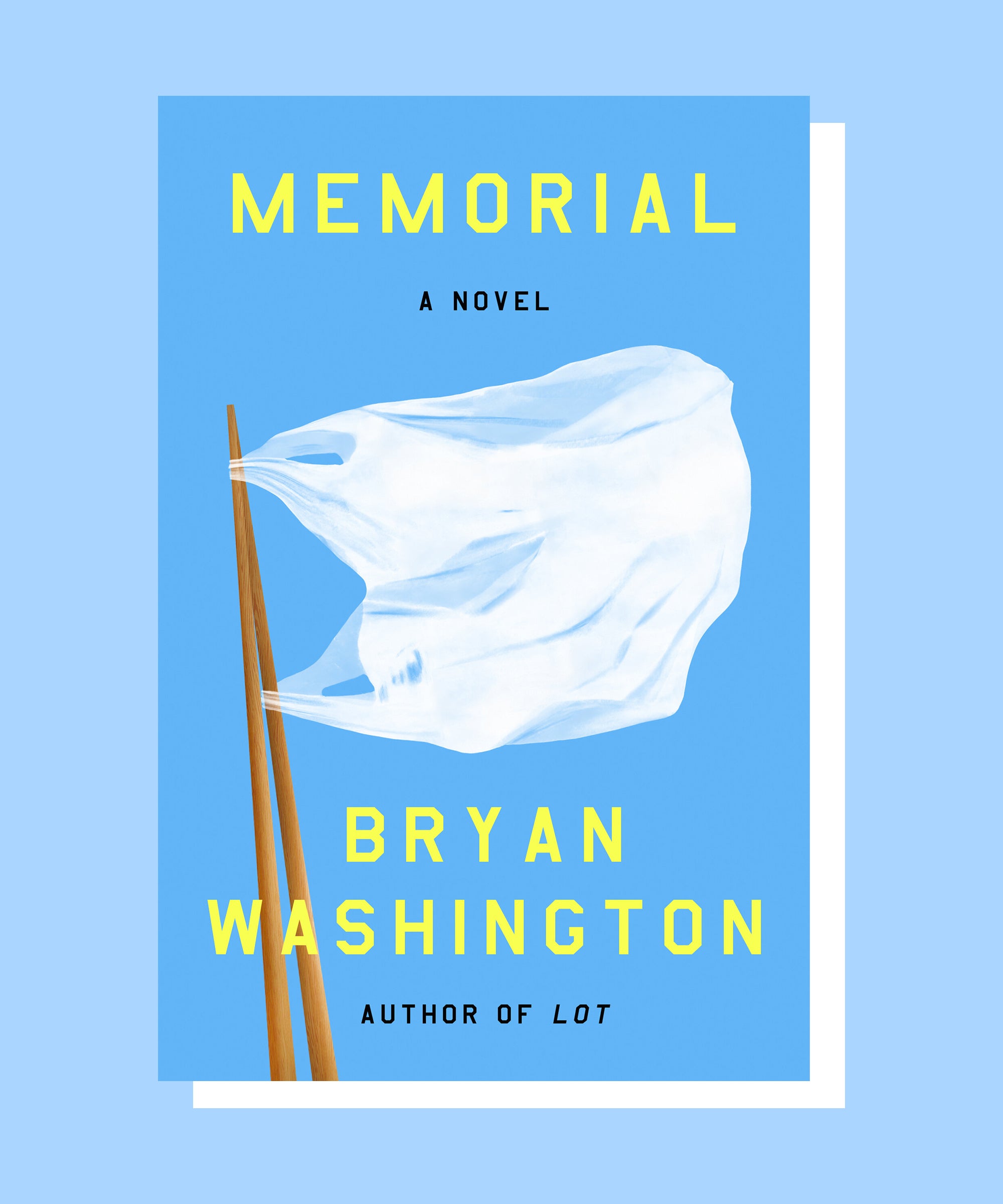
A follow-up to his remarkable short story collection, Lot, Bryan Washington's debut novel, Memorial, is a very different kind of love story, one that's just as much about what happens as love fades or when it's rebuilt, as when it's at its strongest. Benson and Mike have reached a point in their multi-year relationship where they find themselves questioning if love is enough. Rather than having to confront this head-on, Mike leaves their Houston home and goes to Osaka, to care for his estranged father, who's dying of cancer. Back in Texas, Ben spends time with his new roommate — Mike's mother, Matsuko — and struggles with his own complicated relationship with his family. Washington's deeply touching (and deeply funny) look at love, sex, family, grief, and the ways in which we take care of each other is a revelation, a reminder of how powerful a novel can be. Added bonus? It will also make you want to make okayu the next time you're feeling heartsick.
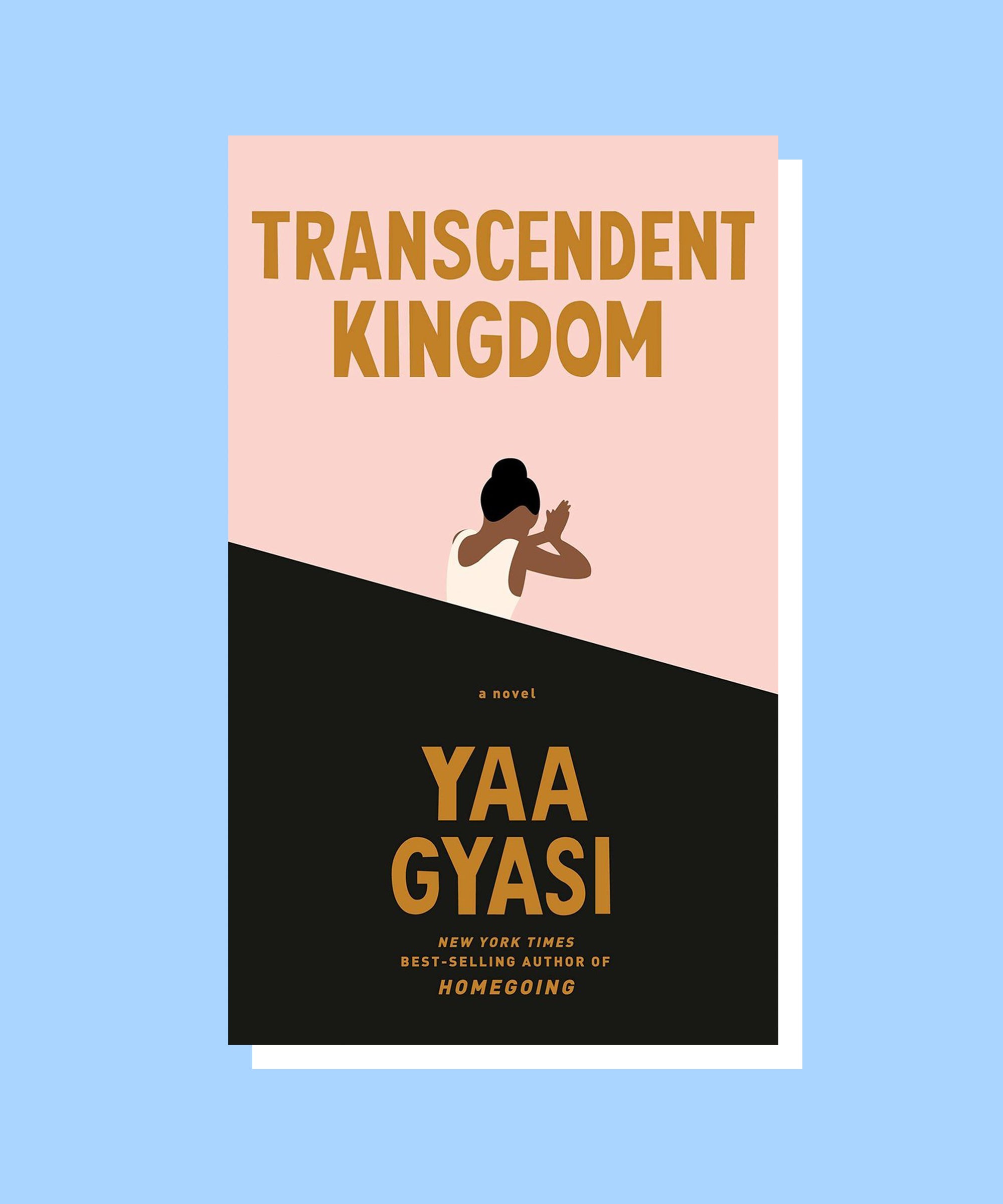
It's no wonder that Gifty, a neuroscience PhD candidate at Stanford, wants to uncover the biological basis of suffering — she's experienced no shortage of it in her own life. Though now living in California, Gifty grew up in Homewood, Alabama: Her father left, returning to Ghana, when she was younger; her brother, Nana, died of a heroin overdose after becoming addicted to Oxycontin following a high school sports injury; and her grieving mother has dealt with depression ever since. Yaa Gyasi —whose 2016 debut novel, Homegoing, was a riveting tour-de-force — probes the boundaries of despair and grief — and love — to powerful effect in Transcendent Kingdom, revealing the ways we seek to rationalize emotionally incomprehensible things. As Gifty navigates her conflicting desires — reason and faith — Gyasi nimbly shows how human the desire is to reconcile the tragedies that surround us, to search for meaning, and to come to terms with all that we will never know.
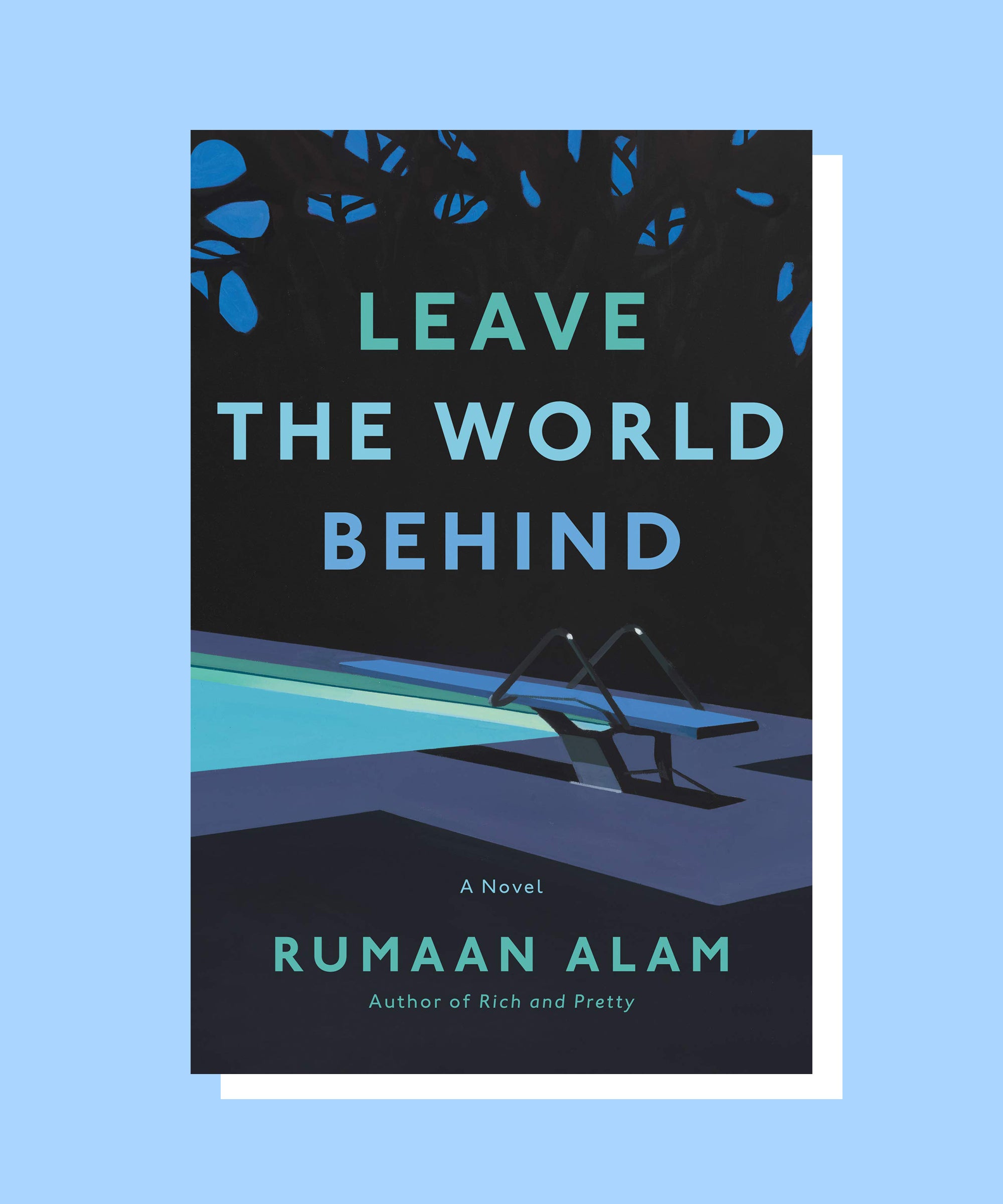
It's best to go into reading Rumaan Alam's new novel without knowing anything about it. Go in thinking that it's just a fun, escapist novel about a well-off, white family of four from Brooklyn, who are vacationing for a week at the kind of house they could never afford to buy for themselves. Need a little more info? Ok, it's probably fine if you also know that, in the midst of their stay, the power goes out and the even more well-off, Black couple who own the house suddenly arrive on the doorstep, needing shelter for the night. That's a compelling enough premise right there, and Alam — who has proven himself an astute, fiercely funny chronicler of people blinded by their privilege in his prior novels, Rich and Pretty and That Kind of Mother — is at the top of his game detailing the petty habits of his characters (I could have read a whole novel comprised of what the renters buy at the grocery store and how they prepare their meals) and exploring the power dynamics and racial tensions that happen once the two families collide. But, of course, there is more to this book, which takes a sharp turn into one of the eeriest, most disturbing stories I've read in some time. (I will never look at flamingos the same way again. Or teeth! Especially teeth.) I will say no more, lest I give anything away, but suffice it to say that Alam has not only brought his singular precision and subversive wit to his newest novel, but also has ventured into new, unhinged territory, where the contours of everything might be recognizable, but what's contained within is wholly deranged.
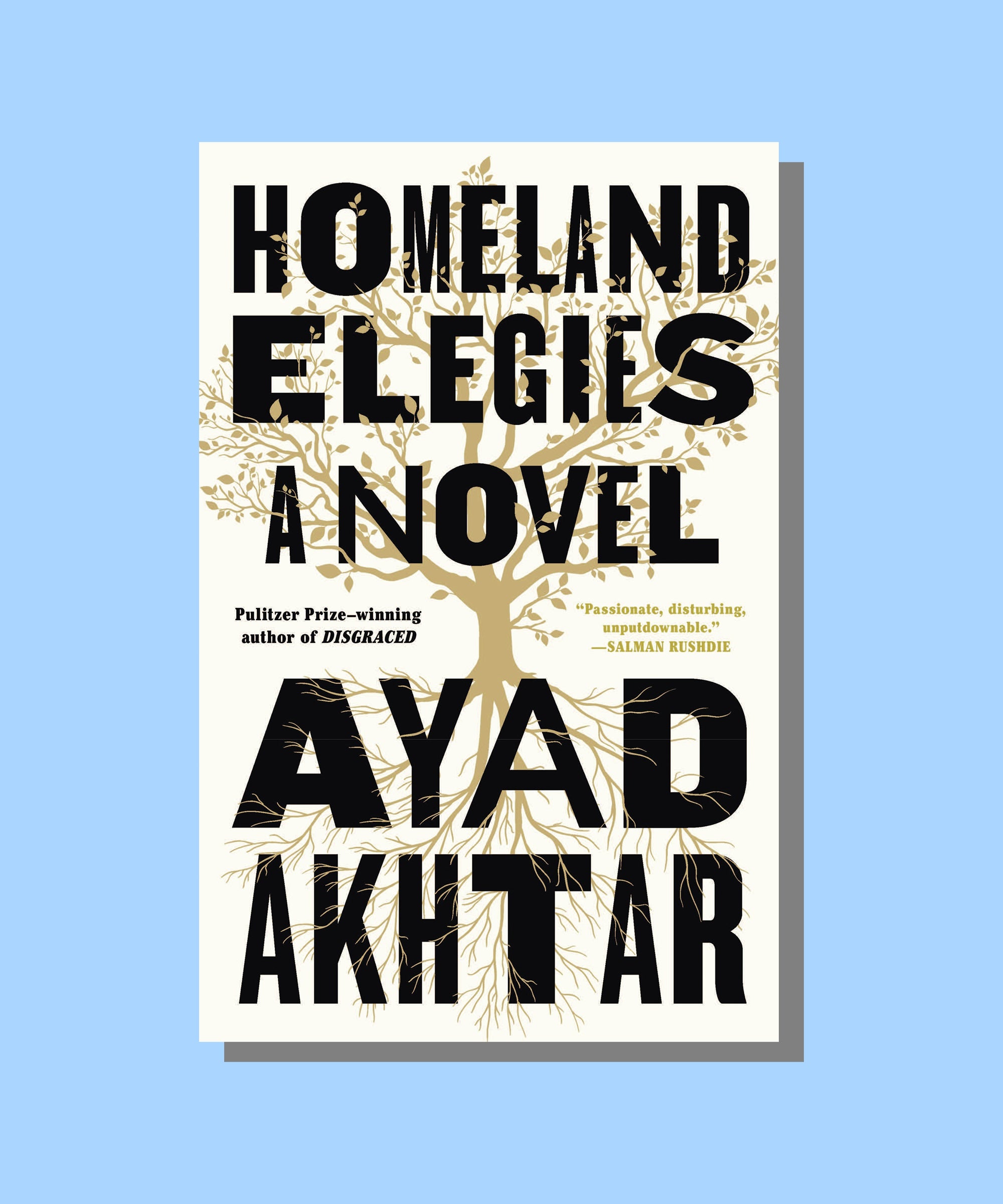
Ayad Akhtar's Homeland Elegies is a lyrical, revelatory disassembling of the American Dream — and makes clear the urgency of its dismantlement once and for all. Akhtar uses the intimacy of autofiction to detail the many ways in which post-9/11 America has destroyed the meaning of "home" for so many who call America just that. Although Akhtar tells this story through the experience of one family, he makes clear that the devastation that comes with feeling like a stranger in your own country is not a singular problem; rather, the instability and fear that have roiled America have had disastrous effects throughout the world. Though Homeland Elegies is an unflinching, necessary look at America's present and recent past, it also speaks to our uncertain future, a warning of sorts about where we're headed if we don't work to fix all the wrongs currently being perpetrated.
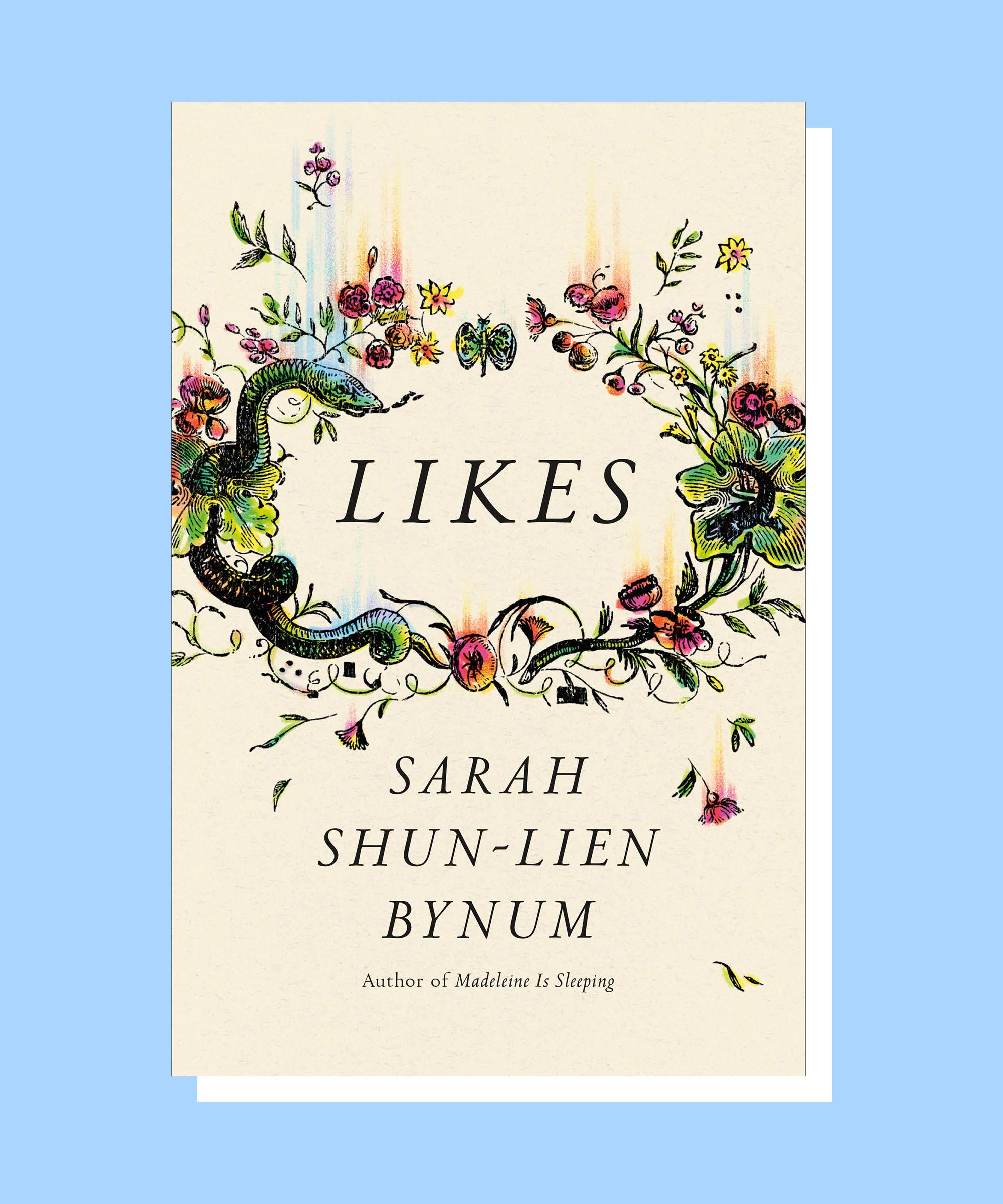
Each of the stories in Sarah Shun-lien Bynum's dazzling new collection offers lucid insight into the many perversities, small and large, that define our most typical interactions. From a father confused by his adolescent daughter's social media persona to a writer dealing with the lingering effects of a miscarriage, Bynum's stories probe the fragile, confusing moments of our lives, and tease out the underlying thrums of energy, magnifying all the emotion that exists just below the surface, illuminating what it means to be alive right now.

Brit Bennett's follow-up to The Mothers, her revelatory debut, is a profound, probing examination of identity, race, and inherited trauma. Identical twins Desiree and Stella run away from home when they're just 16, intent on living bigger lives than their small town can offer. But, life has a way of laughing at anyone who makes plans, and the sisters' future doesn't turn out as they'd expected; one sister disappears, heading off to a new city and life where she passes for white, while the other leaves an abusive relationship and goes back to her hometown with her young daughter in tow. The twins' paths do intersect again, and the novel spans not only generations of a family, but also of pivotal decades in American history; throughout, Bennett is unparalleled in her ability to explore the most unsettling aspects of what it means to be a family, and what it means to be yourself.
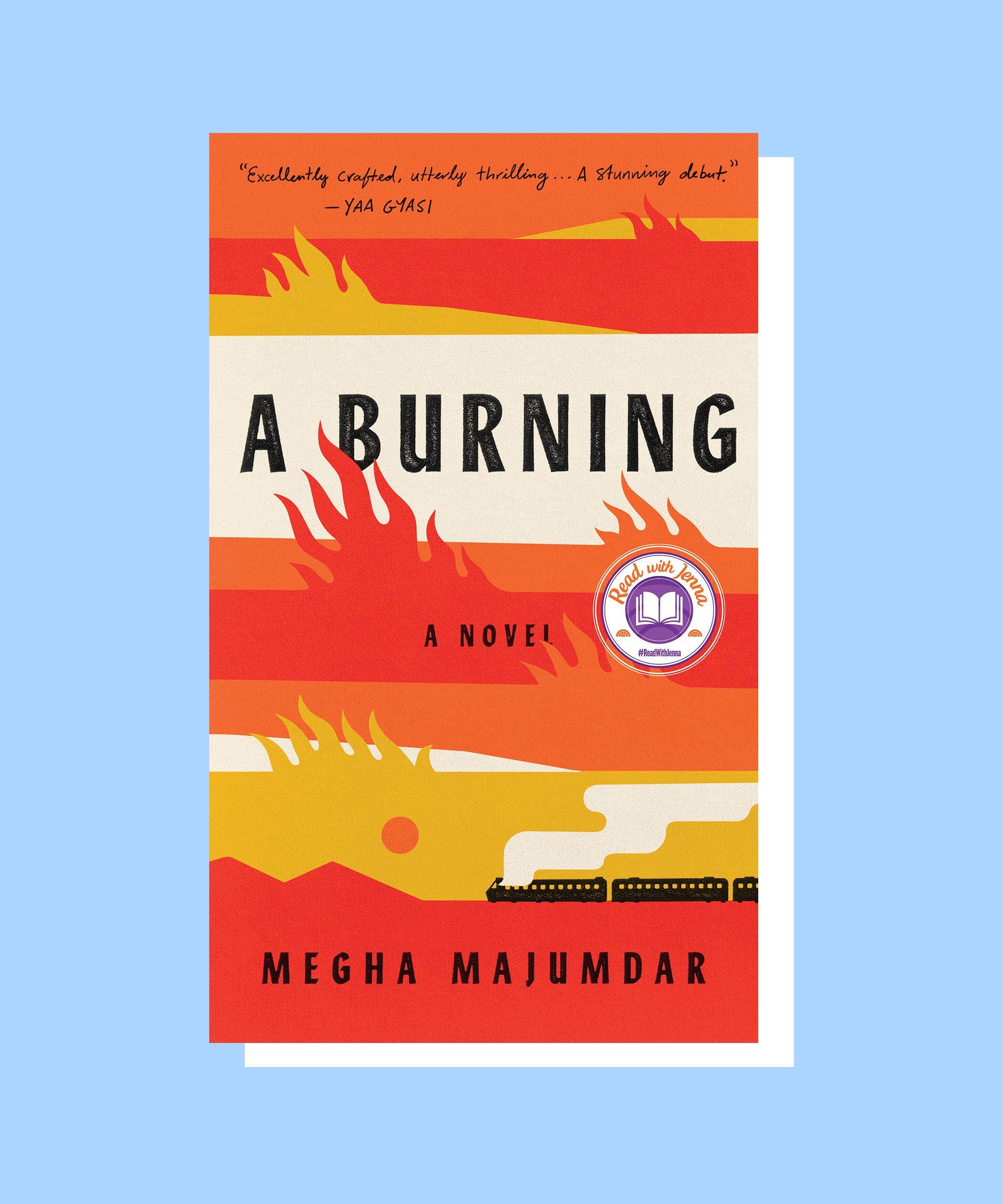
"If the police didn’t help ordinary people like you and me, if the police watched them die, doesn’t that mean... that the government is also a terrorist?" It's a simple enough thing, posting a comment on social media, writing something to convey frustration or anger or both with the powerful forces that ceaselessly direct every part of your life. But when Jivan, a poor young Muslim woman in India, who is working her way toward a better life criticizes the police on Facebook, her life is turned upside down as she faces charges of executing the terrorist attack herself. Megha Majumdar's debut novel is a thriller in the truest sense of the word: It's hard not to keep your eyes from racing over the pages, needing to know what comes next in this story of corruption, injustice, triumph, and loss. It's a story in which lives driven by pettiness and exuberance collide to disastrous and, yes, incendiary effect; a compelling, remarkable debut.
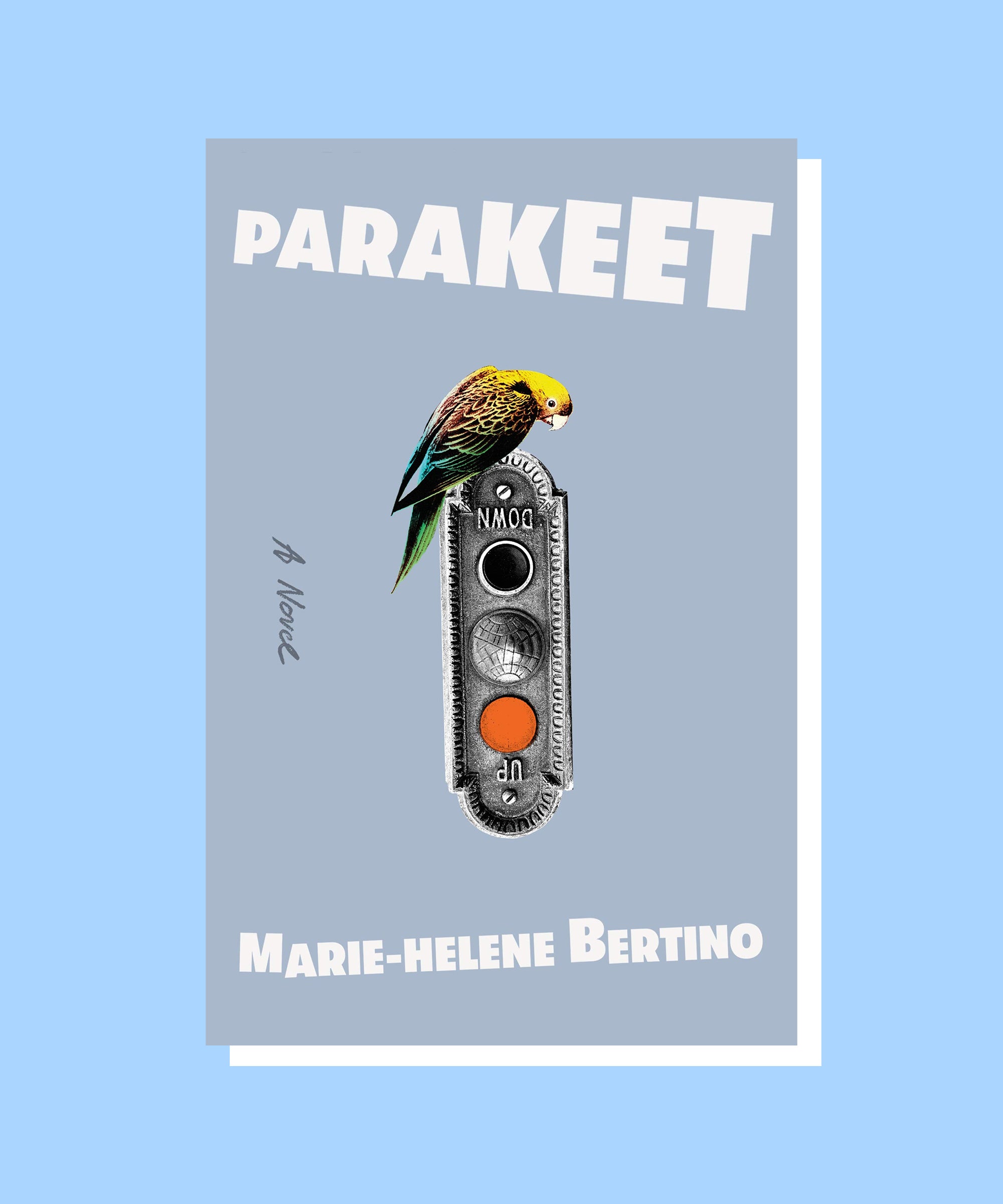
Marriage isn't something into which anyone enters lightly (well, usually), so when a foreboding omen enters your life a week before your wedding, it's bound to give you pause. At least, that's what happens to The Bride, who is visited by a parakeet she just knows is the reincarnated spirit of her grandmother. The bird warns The Bride not to get married, and to go find her brother, a playwright whose latest work centers around an anti-immigrant terrorist attack that The Bride survived when she was a teenager, half a lifetime ago. The play's name? Parakeet. Marie-Helene Bertino's latest reveals the fractal-like patterns of one woman's life, as she questions who she is, where she comes from, and what she wants to be. A twisting, strange delight, Parakeet shimmers a soft and generous light on the darkest of a woman's innermost thoughts.

It's 1969 in South Brooklyn's Cause housing projects, and 71-year-old Sportcoat (who, yes, is a deacon at the local church) has had a little too much to drink (King Kong, to be precise) when he walks up to his former Little League protegé —now a teenage drug dealer — and shoots him, point-blank, in the head. This bungled assassination attempt leads to an escalating series of events, that encompass dozens of true characters, from elderly church leaders to local mafiosi to the neighborhood beat cops to a stone-cold assassin from the South to the ghost of Sportcoat's wife. McBride is masterful here, and has created a singular world, one that is profoundly funny, at times devastatingly sad, and always as bracing as a shot of the strongest King Kong.
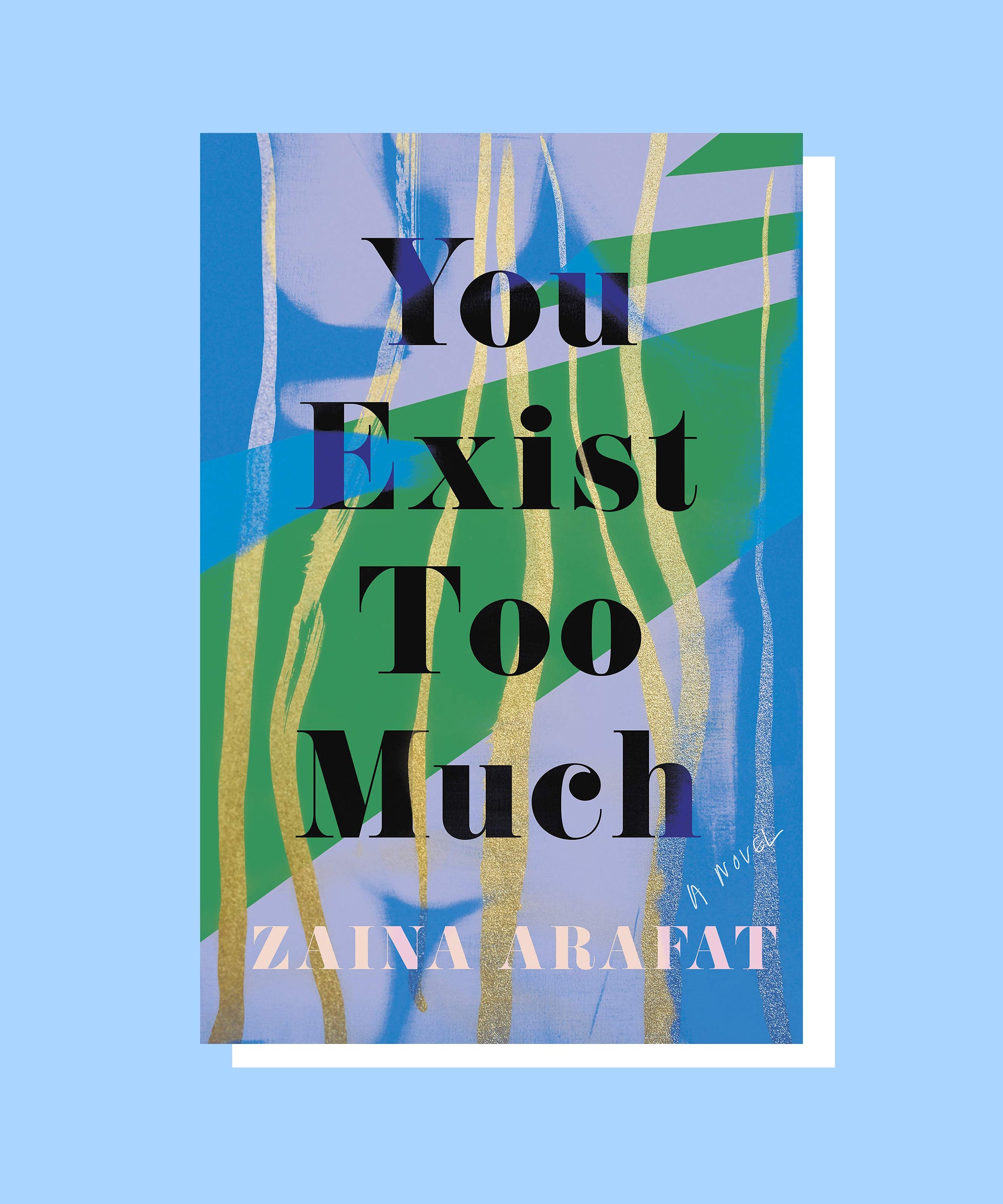
When she was just 12 years old, in the Palestinian city of Bethlehem, the narrator of this extraordinary debut was yelled at by a group of men, excoriated for exposing too much of herself. Exposing too much of herself — or, as her mother says, "exist[ing] too much" — will be a problem for the narrator as she moves through her life as a queer Palestinian woman, traveling through the world, engaging in heated, messy relationships, trying to figure out why she is who she is, and why she behaves the way she does. This is a book of appetite and recklessness, obsession and addiction. It's the trickiest of territories, this type of intense examination of the self, but Zaina Arafat's lyrical, provocative writing is wholly captivating, startling in its honesty, unsettling in all the best ways.

Wildly unhinged and exhilarating in its derangements, Hilary Leichter's debut is a thrilling, subversive, mordantly funny look at what it means to be alive today — aka what it means to have to work. Temporary's unnamed protagonist goes through a series of surreal jobs (why, yes, she is a pirate for a little while) and has a boyfriend for all of her different needs, but she longs to reach the status of permanent worker, that most elusive of goals. Pre-pandemic, Temporary was an astute critique of late-stage capitalism, a reminder of how important it is to resist letting work consume every minute of the day. Post-pandemic? It feels even more relevant, a reminder that living to work is really no life at all.
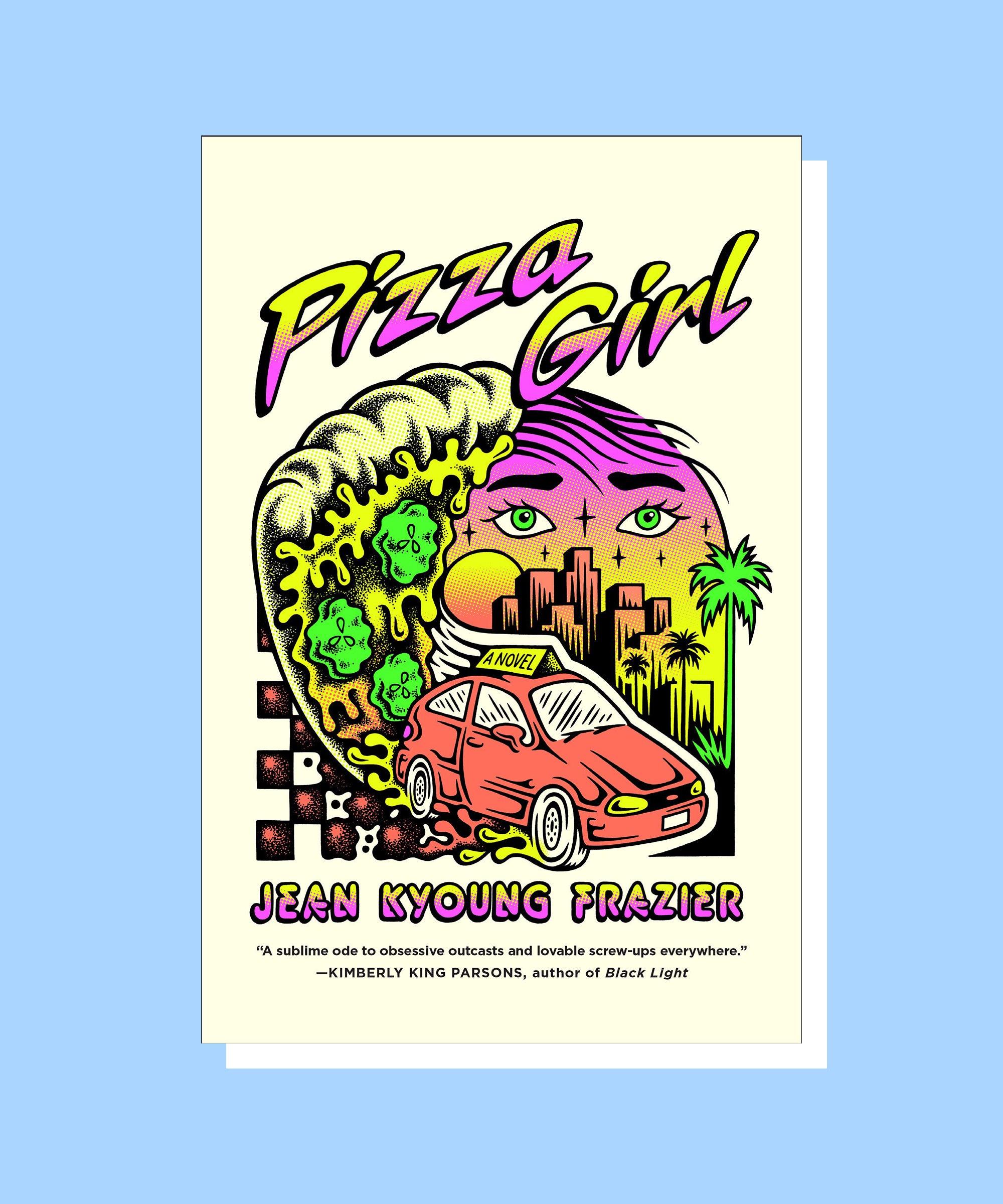
Eighteen years old, pregnant, and working as a pizza delivery girl, the narrator of Jean Kyoung Frazier's strange and joyful debut is unsurprisingly feeling a bit lost. Yes, she has a supportive boyfriend and mom to help her through what's an inherently confusing time, but, well, is there anything more suffocating than a supportive boyfriend and mom when you're already feeling trapped? An escape comes in the form of one of her customers, Jenny, whose order of a pie with pepperoni and pickles is enough to capture the narrator's interests and send her down a spiral of speculation, and an attempt to "save" Jenny, which is really just a way for the narrator to figure out how to save herself. Frazier captures the conflicting reality of someone who has a riotously imaginative inner life but is also plagued by an inability to do much well — other than screw things up. Relatable, no?
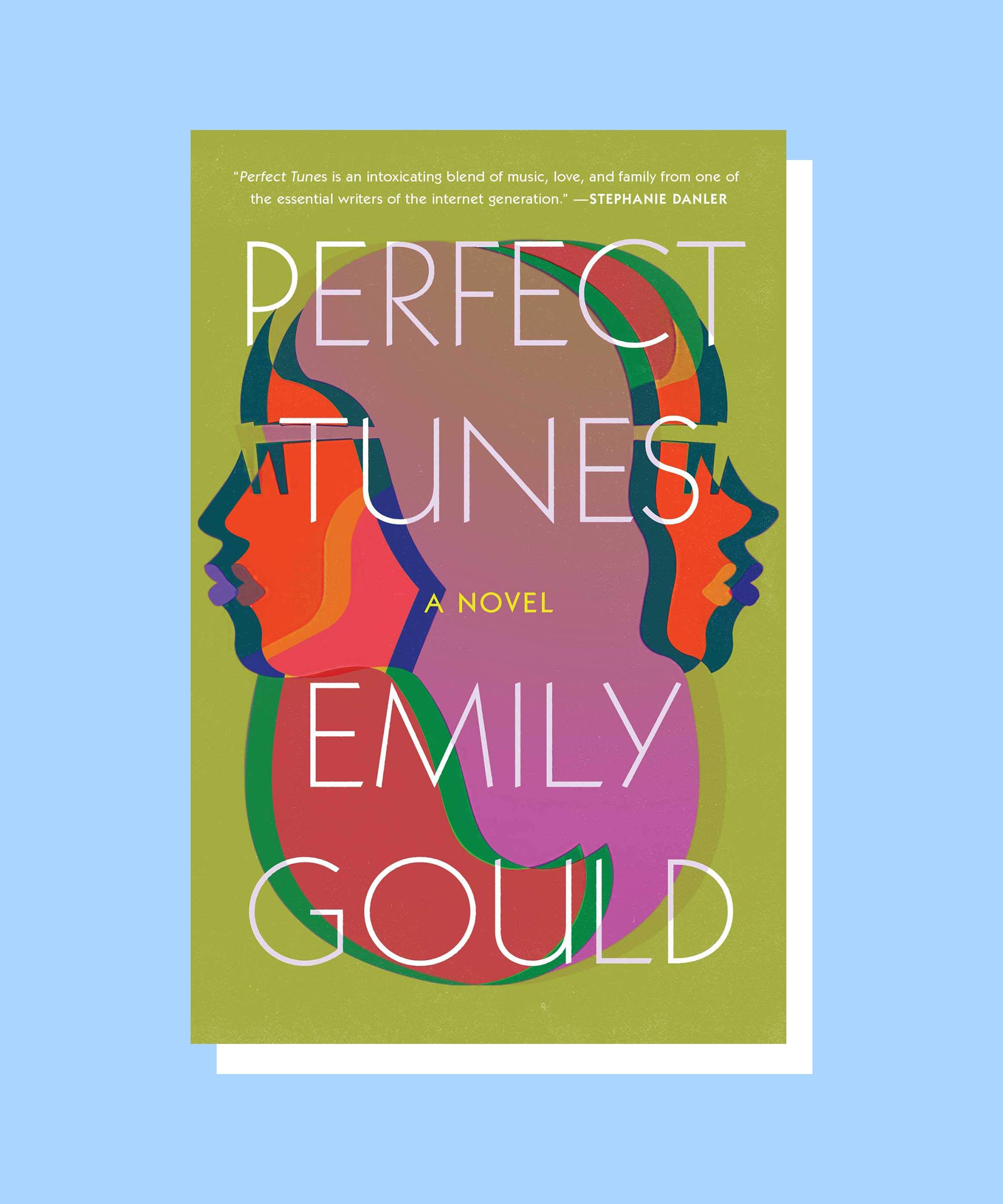
Gould's second novel — following, Friendship, her acutely rendered portrayal of two best friends whose lives are turning out to be something other than they'd imagined — grapples with topics ranging from motherhood to grief to creative ambition to, yes, friendship, to the search for an answer to the question: "How can a life have two most important things?" Perfect Tunes follows Laura from her first days in turn-of-the-21st-century New York City, where she's a young woman living with her best friend, Callie, and making money as a cocktail waitress and music as a passion. In short order, Laura begins hooking up with Dylan, another up-and-coming musician, mourns him after he dies in a drug-related drowning, realizes she's pregnant, has and raises a daughter, Marie, and wholly reimagines the life she thought she'd have, in the grand tradition of mothers everywhere. Gould's writing is warm, funny, and familiar, though there are moments that are so devastatingly observed that reading them sent sharp prickles of recognition up my skin (for anyone who's ever had uncomfortable yet unforgettable sex up in a too-high loft bed, this is for you!). Perfect Tunes feels like a love letter to all the women who have come to terms with the fact that the great adventure of their lives is not some static thing, but rather is something they'll have to work on and toward, in ways they'd never imagined.

To be a teenager is to be constantly aware of the way biology and emotion — science and intuition — collide and feed off one another in endlessly uncomfortable ways. It's this confusing time that Emily Temple explores with lucidity and wit in her debut novelA year after her father disappears after going on a meditation retreat, Olivia decides to search for him by going to the same place and enrolling in a program for troubled teens. There, she meets an alluring group of young women, who aim to transcend their bodies in a way wholly familiar to anyone who's ever felt uncomfortable in her own. A story of obsession and grief, love and yearning, The Lightness offers a unique, powerful look at the difficulties inherent to being a teenage girl, to being a person at all.
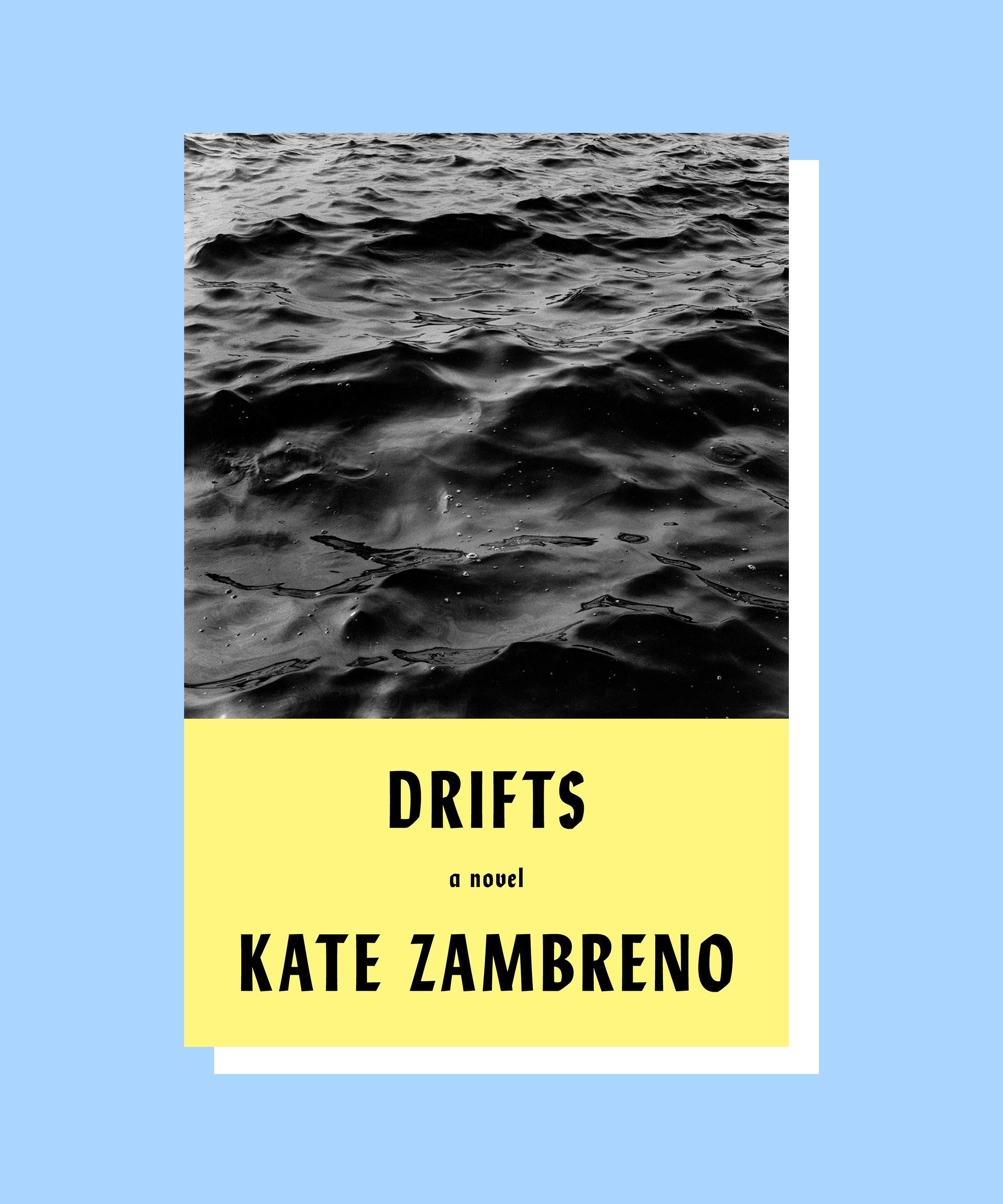
It is always a pleasure to be allowed inside Kate Zambreno's head (if you've not yet read Screen Tests, what are you waiting for??), and it feels like a particular privilege right now with her latest novel, Drifts, which feels perfectly suited for this time we're in, when doing anything concrete feels close to impossible, and we're all too often left alone with our thoughts. In it, the narrator — as most writers do — spends an awful lot of time not writing; in this case, not writing a novel called Drifts. If you're smiling already, prepare to do a lot of that while reading this book — Zambreno's charm and wit dance off the page, and it's lovely to meander alongside her as she deconstructs the process of writing a novel, and then takes a turn to examine what it's like to create something wholly different: a life. Intimate, fiercely intelligent, and reliably provocative, Drifts is Zambreno at her best.

The romantic legacy of the Old West, particularly as it pertains to the Gold Rush, persists even today, despite the fact that it's clear that legacy is made of legend, not facts. It's this legend that Zhang confronts in her imaginative, vital debut novel, which centers around Lucy and Sam, a brother and sister who find themselves out West after their parents immigrated from China, in the hopes of striking rich. From the beginning, those dreams are dashed, as their father winds up mining for coal instead of gold, and the siblings set out on a journey of their own, where they will confront the lies that they — and we — have been told about the American dream, and figure out how to reconcile their places within a land of so many cruel contradictions. Zhang's searing words pierce the heart of America's founding mythology, laying bare its lies, and offering up a new, much-needed vision of this country and its people.
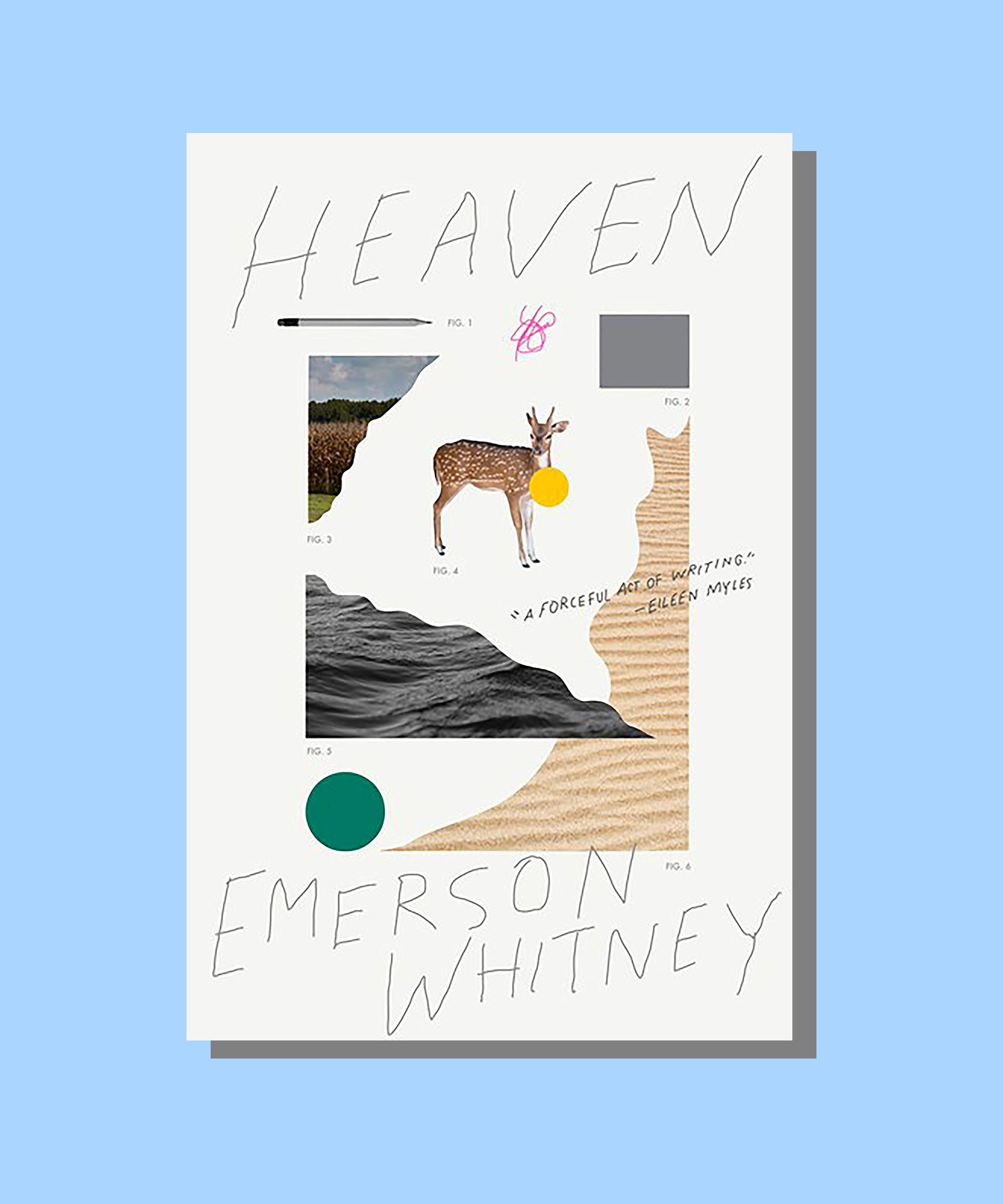
It might not be typical to praise a book by calling it a mess, but then there's little that's typical about Whitney's provocative, emotional, infinitely faceted mess of a reckoning with their identity, their body, their mother, their grandmother — their everything. And besides, as Whitney themself writes, "Really, I can't explain myself without making a mess." The resulting explanation is Heaven, a fearless, probing journey into womanhood, transness, and a search to reconcile all the disparate parts that make up a person into one cohesive whole. It's also a reminder that messiness is at the heart of all beautiful things, since it gestures to the haphazard nature of connections and love and simply being alive. We can try and control and contain the mess, but, in the end, it's hard to know what is even ours to control, better maybe to revel in the messy exuberance of it all.
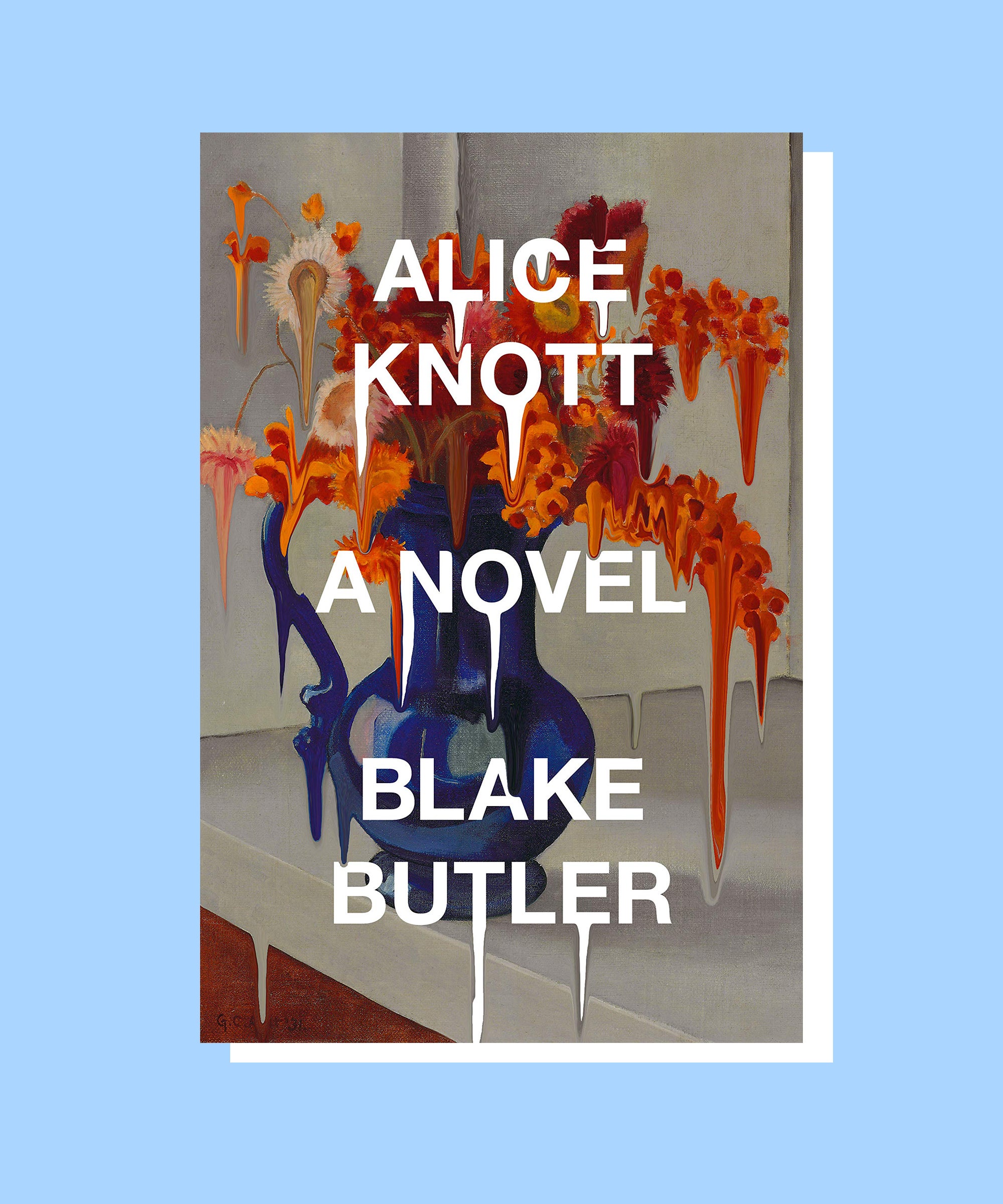
Read this beautifully unsettling novel and prepare to be ravished — and ravaged — as it winds its way inside your psyche, snake-like and persistent. Alice Knott is a recluse, an aging heiress with one of the world's finest art collections. After a Willem de Kooning painting that once belonged to hers is seen being destroyed in a viral video, it triggers a series of similar videos, in which celebrated art works around the world are publicly defaced and dismantled. Blake Butler's latest is a meditation on trauma and art, creation and destruction, the ways that two oppositional things can exist at once, often to deleterious effect. It's a profound, exuberant disturbance, just what you want all art to be.
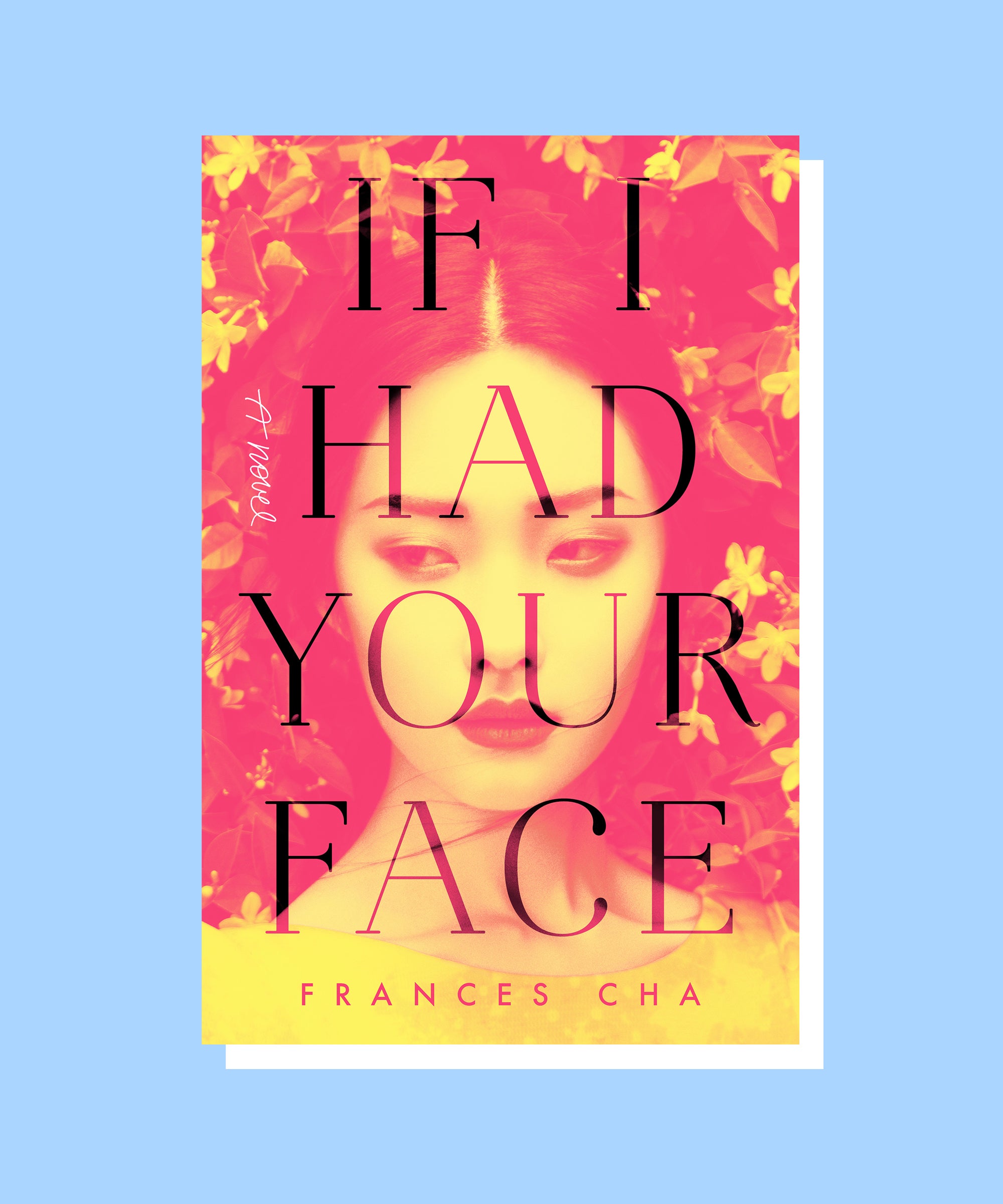
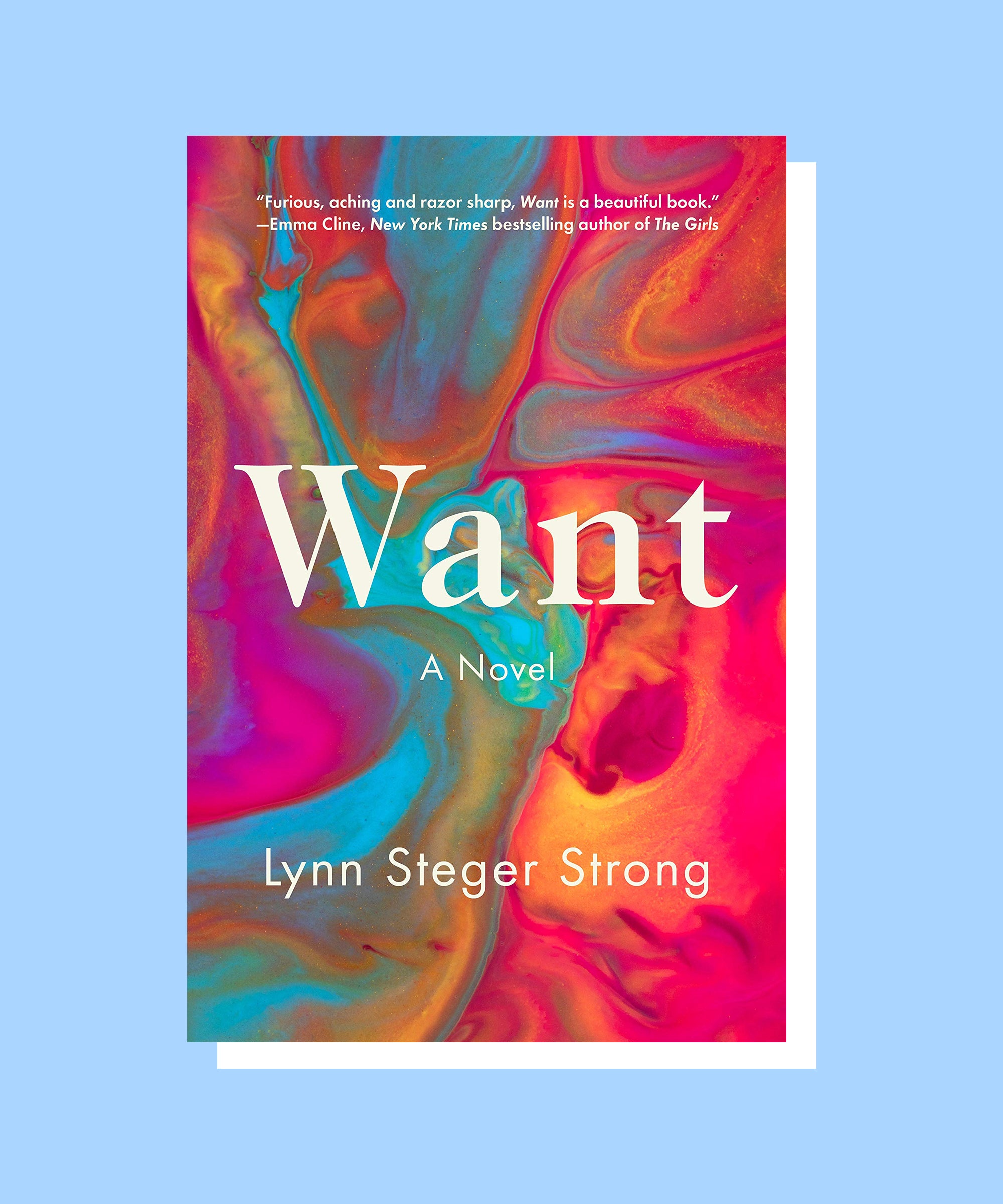
Seemingly destined to be the book about which I will have the most conversations with my friends this summer, Want is a propulsive interrogation into desire in all its forms, with the largest question being: Why should I have to settle for something less than the life I was told I could live? Lynn Steger Strong vividly captures the low-grade fever that has settled over so many women, those who have gotten so much of what they want, and still can't rid themselves of the feeling that they got fucked over along the way. In part, it's because they did (thanks, student loan debt, the publishing industry, etc.), but also it's a byproduct of their willingness to deploy their privilege at will, and never fully recognize its limits. Steger Strong's narrator, Elizabeth, has an all-too-identifiable rage, the kind that seems barely apparent to anyone not living in her skin. It's one that has rarely been captured so well, and one that I will be thinking about for a long time to come.
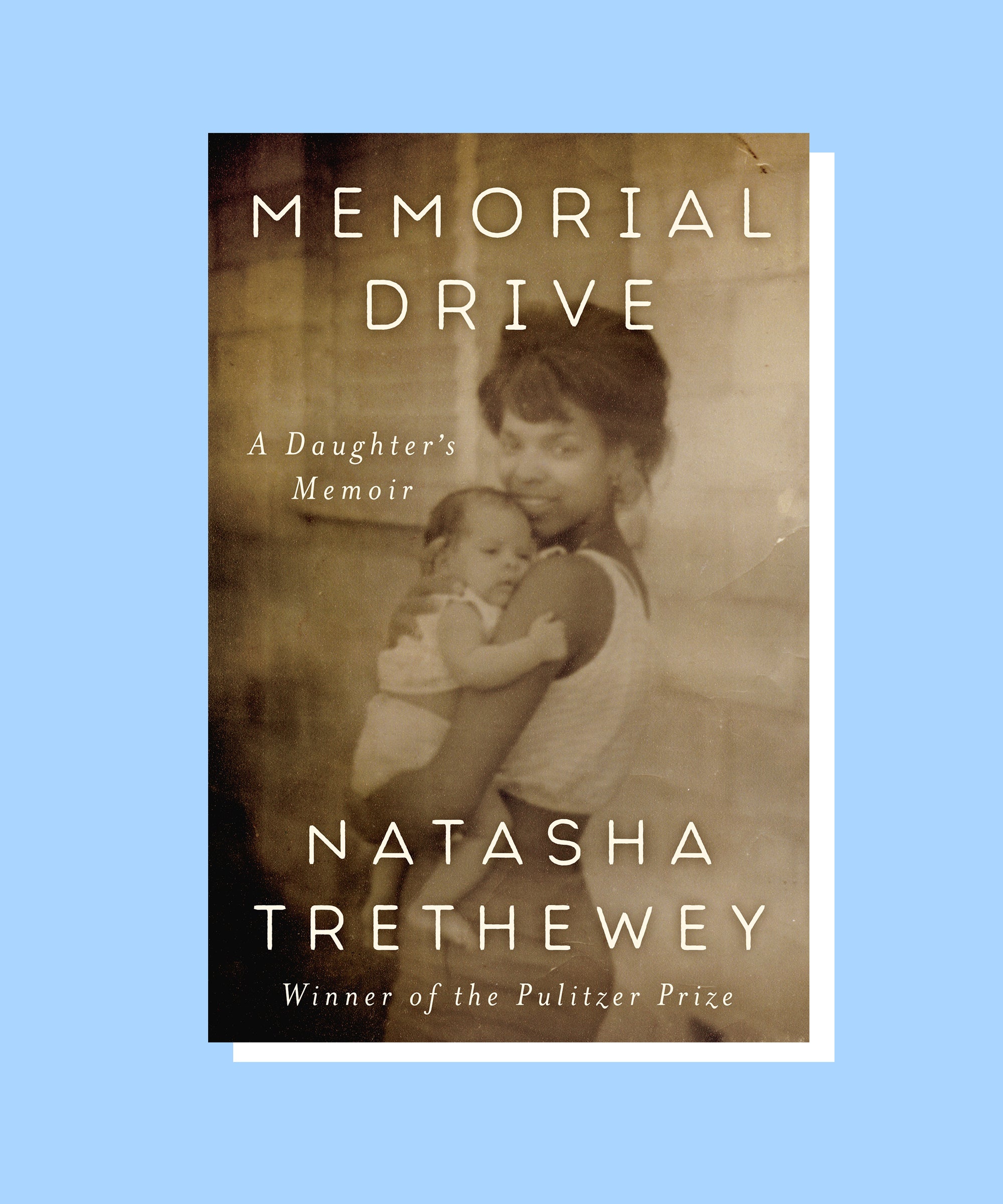
Pulitzer Prize-winning U.S. Poet Laureate Natasha Trethewey has written a precise, piercing memoir that explores unimaginable loss, grief, rage, and resilience. Trethewey was only 19 when her mother was murdered by her stepfather, and it's this foundational trauma that serves as a hinge for this visceral, haunting book, which explores what it was like for Trethewey to be born into the Jim Crow South. Trethewey reflects on the difficulties of her mother Gwendolyn's experience — after she separated from Trethewey's father, she married a Vietnam vet, Joel, who would torment, abuse, stalk, and later kill her. Trethewey is unflinching in her depiction of the horrors of domestic abuse — and in the power of the love between a mother and child.
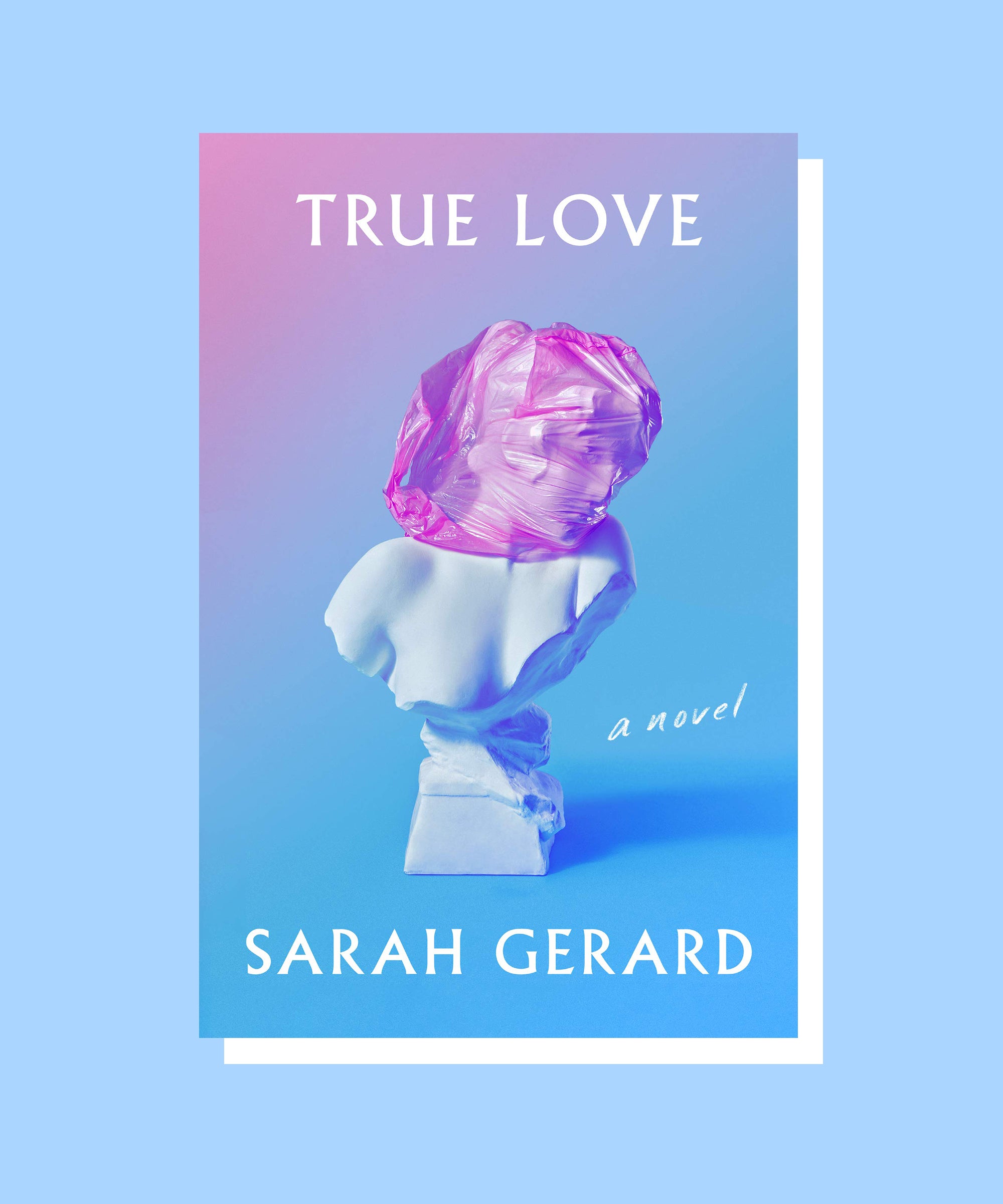
Is there anyone more ferocious and determined than someone looking for love? One can only hope for their sake that they don't look for it in the arms of an artist (especially one whose art involves Tupperware sculptures filled with trash). In Sarah Gerard's latest novel, love — or maybe stability, or maybe they're the same — is Nina's goal, as she moves through her 20s, somewhat aimlessly, struggling with an eating disorder and a pill addiction. She is in a relationship with the artist, Seth, until she isn't; her social circle is malleable and incestuous and very much recognizable. True Love is as fluid and riotous a book as "true love" is as a concept: so, very. And Sarah Gerard has once again proven herself to be one of the sharpest portrayers of the fuzziest parts of being alive.

This stunning, lyrical debut marks Meng Jin as a literary force, and offers readers an opportunity to explore the intricate ways that grief, identity, sacrifice, and love all weave together to create a bond between mother and daughter, a bond that stands the test of time. Su Lan gives birth to her daughter in a Beijing hospital; 17 years later, that daughter, Liya, who has grown up in America, must take the ashes of her mother back to China. Once there, she starts to understand more about who her mother was before she became a mother, and who she never had the chance to be.

Simply put: This novel is one of the most piercing, accurate portrayals of what it means to be a teenager and figuring out who you are in the world that I've ever come across. Set in Southern California about a decade ago, The Knockout Queen follows the unlikely friendship of Bunny and Michael, two high schoolers who have totally different reasons for feeling like they don't fit into their school — or, like, their own bodies — at all. Rufi Thorpe's ability to capture the ways in which we manifest psychic pain in physical ways is uncanny, and the end result is a coming-of-age novel that is unsettling and resonant in all the most important ways.
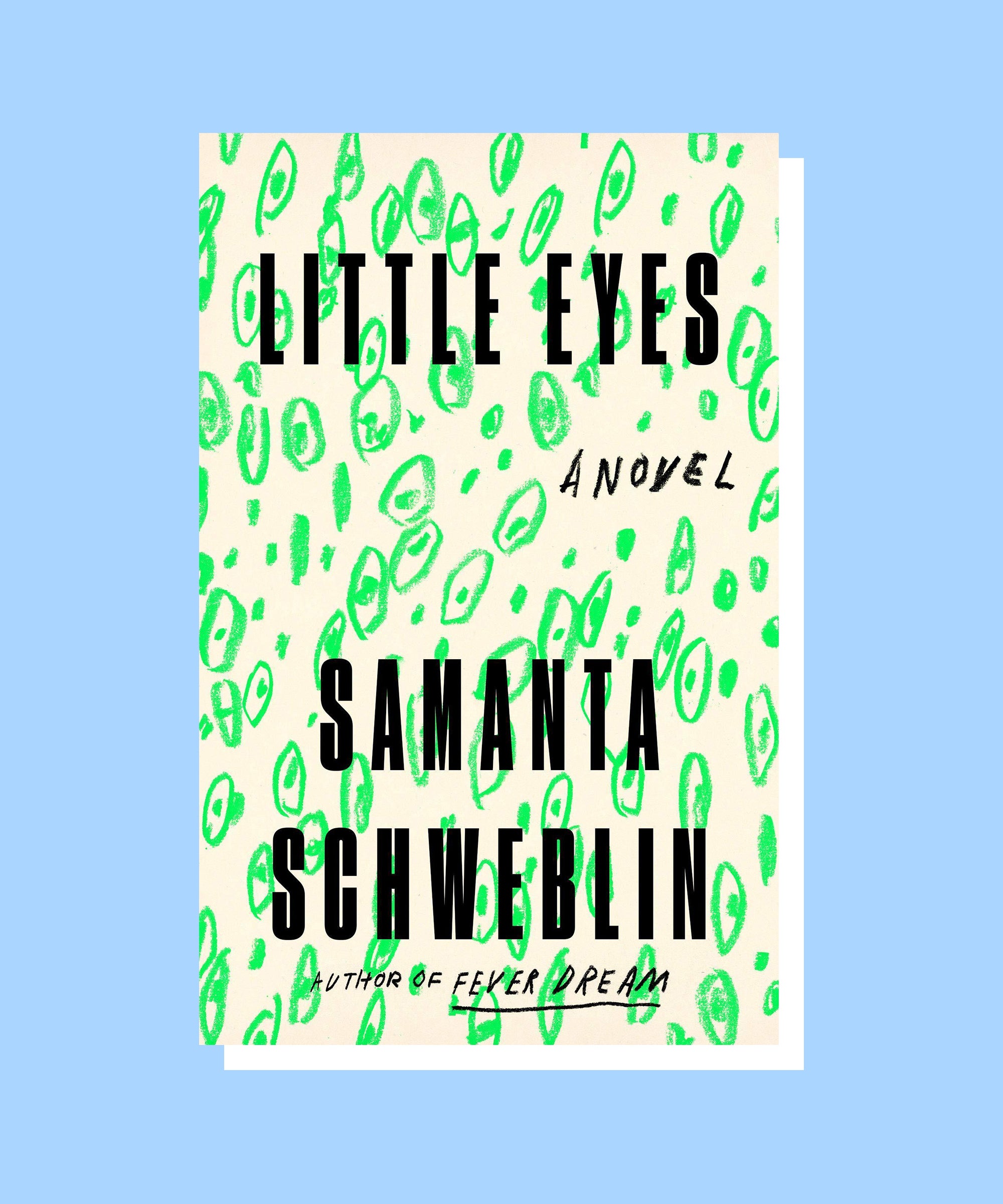
The most terrifying horror stories — particularly of the dystopian variety — are those that don't speak to some alternate reality, but reflect our actual lives. This is exactly what Samanta Schweblin does to uncanny perfection in her newest book, which, via the ubiquity of a high-tech toy called a "kentucki," casts a light on all the ways in which we've let our boundaries disappear, let technology infiltrate our lives, and lost our grip on what it means to have personal agency, what it means to be human.
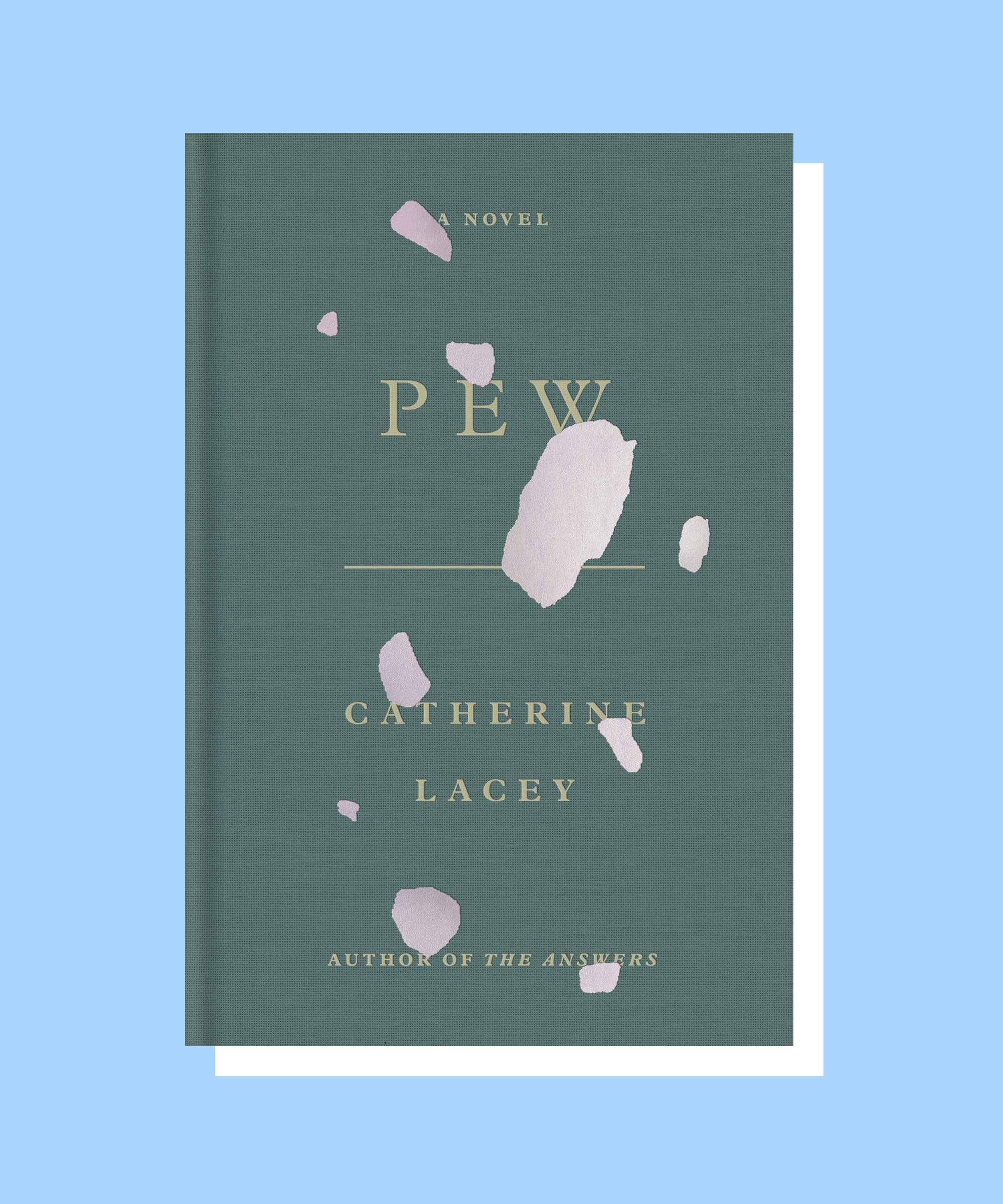
There is perhaps no better way of exploring the fragility of our constructed identities than by stripping away all the different things that others use to define us, by ridding ourselves of context, disappearing completely by being exactly who we are. In her latest novel, Catherine Lacey plays with ideas of the self and the community, showing the way that the arrival of a hard-to-define person into a small town's life can tear a hole in the social fabric. Pew, so named because they are found sleeping on a hard wooden bench in the back of a church, is of indeterminate gender, race, and origin; they do not speak a word out loud. Over the course of the week in between Pew's arrival and the advent of the town's Forgiveness Festival, myriad projections are cast upon Pew, revealing far more about the townspeople than about the stranger in their midst. Much like Pew's arrival in the town, Pew's arrival feels like a much needed disturbance, a reminder that we should be striving for a world in which "our bodies wouldn’t determine our lives, or the lives of others."

Here's an idea: As the world falls apart all around us, why not read a book about the world falling apart in a totally different way? Not just any book, though, it kind of has to be A Children's Bible, the brilliant Lydia Millet's latest, in which the oblivious destructiveness of a certain self-indulgent generation of adults is rightfully skewered, as a new generation of hyper-mature teens must figure out how to live without any concrete kind of guidance. The catastrophe in this book is of the climate change variety, but its effects are not so dissimilar to what we're enduring now: There are supply shortages and a fear of traveling; there is sheltering in place and a clear divide between the lives of the wealthy and the poor. There is a lot of darkness and suffering, but there is also humor (in sly abundance) and moments of pure grace. This is an affecting, propulsive look at not only what will happen if we don't start to take responsibility for each other instead of just ourselves, but also what already is happening all around us, as anyone who's not willfully blind can see.
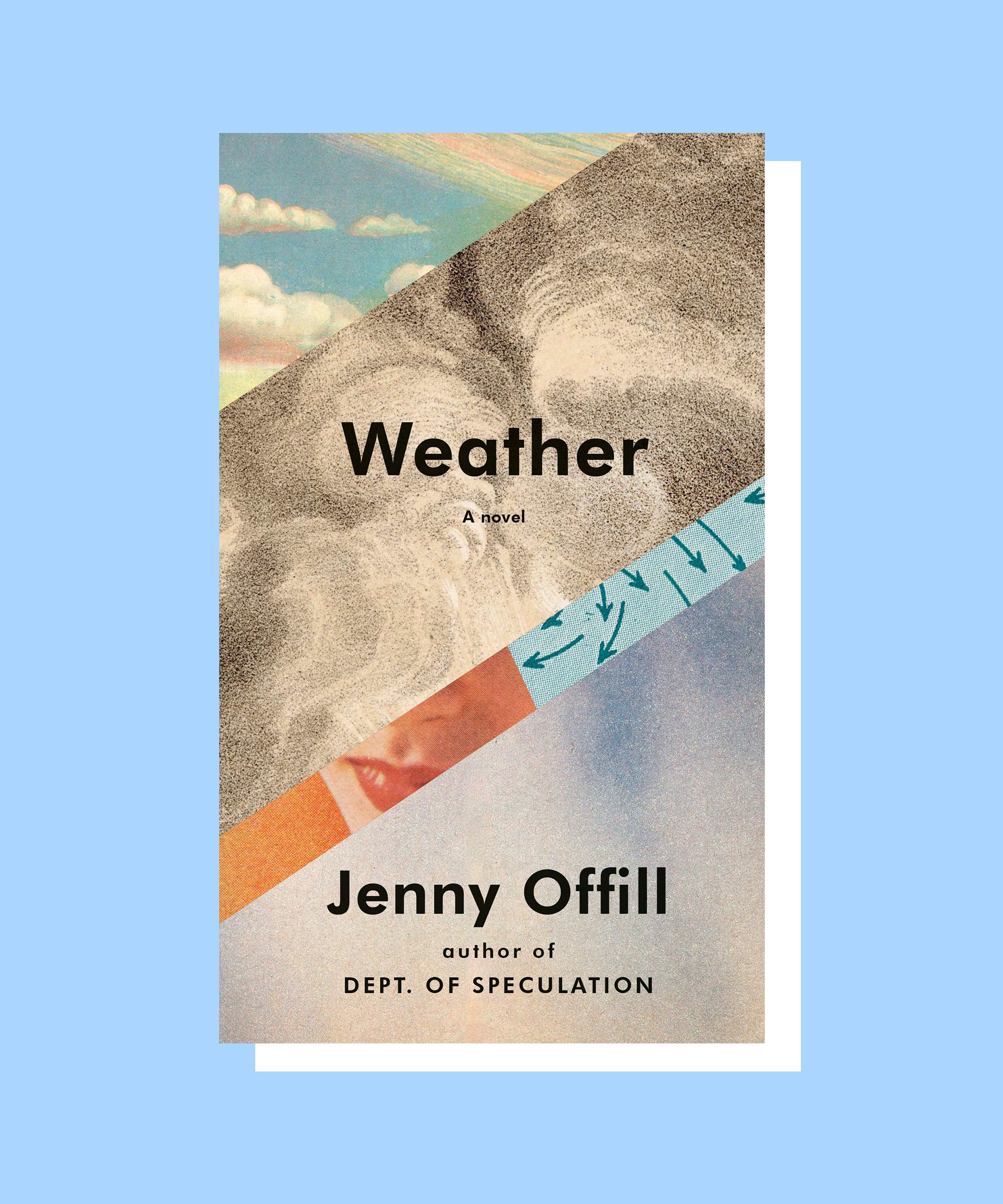
Every Jenny Offill book is its own distinct world, a microclimate of sorts, that wholly envelops reader, wrapping them in a series of beautifully faceted sentences, engaging them with ideas both small and large — the stuff that life is made of. Weather's microclimate is inhabited by its narrator, Lizzy, a Brooklyn librarian and wife and mother, who is grappling not only with the travails of her recovering addict brother, but also with the weight of our rapidly changing climate. This is a book infused with existential anxiety and dread, but also humor, tenderness, and love. Offill probes the limits of empathy, and has rendered here a fierce, intelligent look at the difficulties of navigating through our unprecedented times.
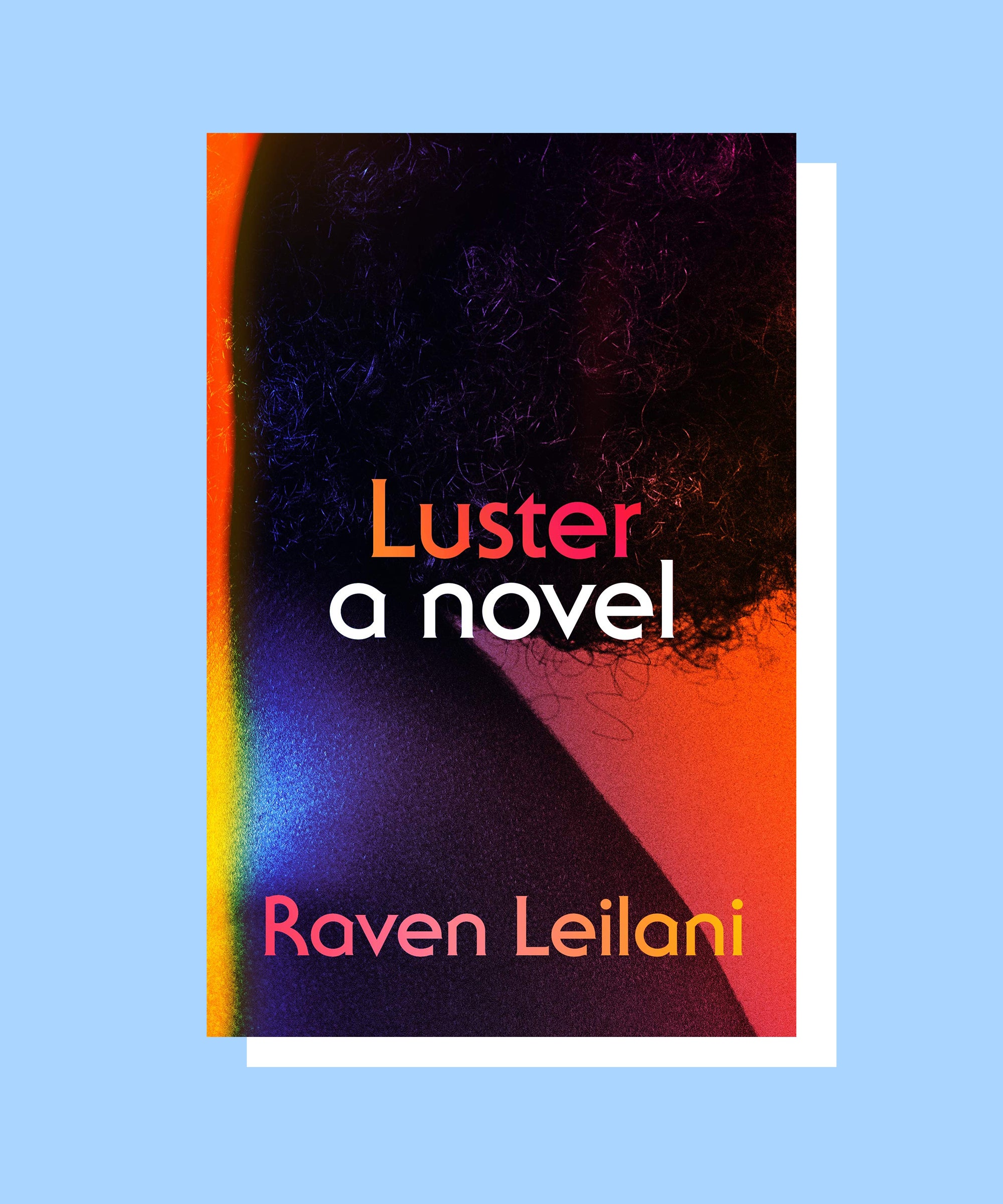
This book — the debut novel by Raven Leilani — is electric, heralding a singular new literary voice. Centering around Edie, a drifting 20-something artist living in Bushwick, who strikes up an affair with Eric, a married (but, like, open married) man who lives in New Jersey with his wife and adopted daughter. The ways in which Edie's life winds up intersecting with those of Eric's family — particularly his daughter, Akila — are provocative and surprising. Edie is both emblematic of a generation of detached, fiercely intelligent yet hopelessly drifting young women, who yearn for something more, but know there is little hope for attaining it.
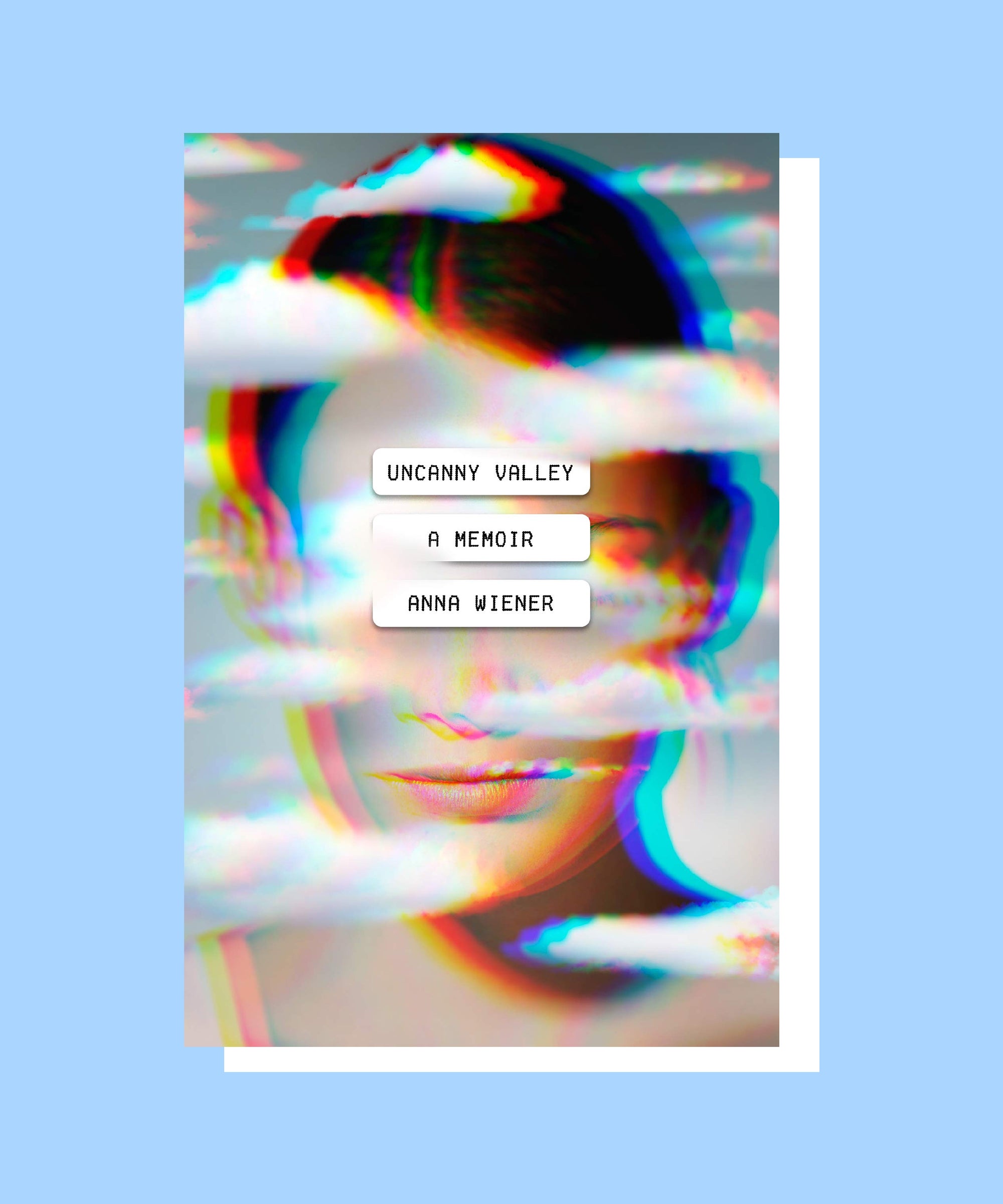
Anna Weiner's memoir of her time working at a variety of startups, first in New York City and then in San Francisco, has plenty of the things you'd expect from a book following the life of a woman in her 20s: There are bad bosses, a healthy amount of drugs, and a romantic interest. But, truly, this is a book that's not so much about her personal experience in tech, but rather the implications that tech's ubiquity has on all of our lives. As Weiner makes clear in her vivid, eminently readable style, tech's power extends beyond the massive invasions of personal privacy we all accept every time we turn on our phones, and actually threatens our democracy in ways both small and large. No big deal! Uncanny Valley isn't a polemic, rather is's a window into and a warning about an industry that's moving faster than can be documented. But one of which we should all be wary, and do everything in our power to hold the people in charge accountable for their actions.
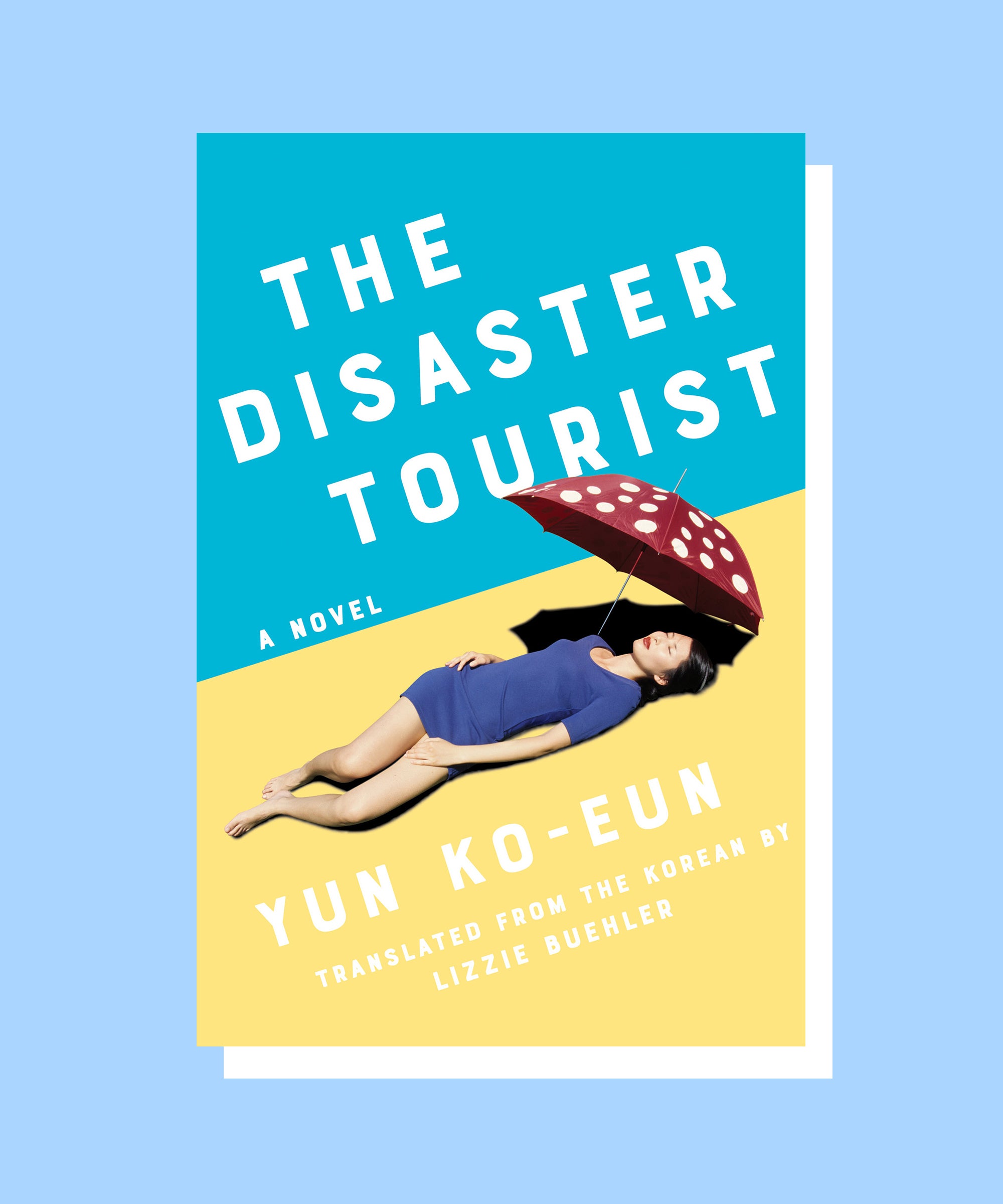
There's a pretty good chance any summer travel plans you'd had for this year might have needed to be curtailed (if not fully canceled), but that doesn't mean you should stay away from this mordantly witty novel that touches on everything from the rise of "dark tourism" to sexual predators in the office to climate change. When, in an effort to defuse the after-effects of a case of office sexual harassment, Yona is sent on a trip by her travel company to the desert island of Mui, she discovers the cruelty inherent to our modern fixation on travel without considering the environmental and human cost. This propulsive novel reads like a highly literary, ultra-incisive thriller; it reminds us that the disasters with which we are now grappling with on a near daily basis are not acts of god, they're acts of man.

This beautifully eerie tale of desire and death goes down like an icy shot of schnapps: first it burns you with its chill, then it ignites in you a lingering fire. In it, an unnamed married couple from New York has arrived at the Grand Imperial Hotel in the fictional city of Borgarfjaroasysla, where they are trying to sort out the adoption of a baby boy. They're helped or hindered, or perhaps both, by the myriad locals they meet in this surreal setting, in which reality seems as warped and unexpectedly labyrinthine a thing as the hotel itself. Cameron reveals himself to be a master at portraying grief and despair, longing and love.
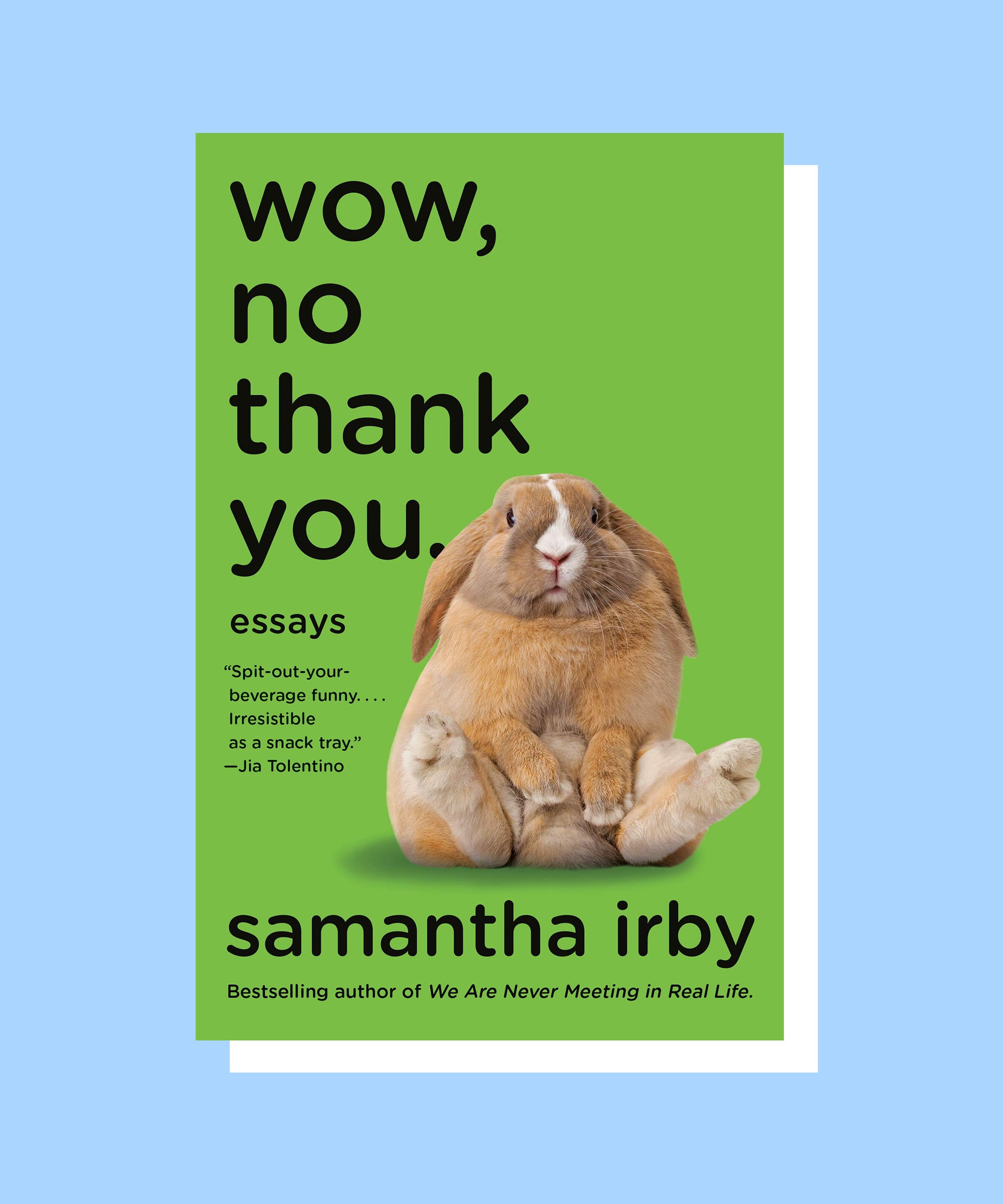
Hands down, Samantha Irby is one of the funniest writers working today, and because we all need a little laughter right now (you do need that, don't you?), you should read this book, which will leave you laughing and crying and feeling all the things. As with her other essay collections, Irby doesn't hold back here as she explores everything from her new life in a small Midwestern town to why she still hides past-due bills under her pillow to how she learns to relate to her stepchildren. As you benefit from her wit and insight, you'll find yourself whispering under your breath, as if Irby could hear you, "Wow, thank you."

Danez Smith is at the top of their already dizzyingly high game here, in this glorious paean to friendship and community, love and loss. In Homie, Smith is provocative and playful, and nothing less than exuberant as they explore the meaning of affinity, creating vibrant portraits of relationships in all their messy glory. The poems are unflinching as they touch on subjects like race, violence, and queerness, and exalt in the ecstatic elements of our most intimate interactions.
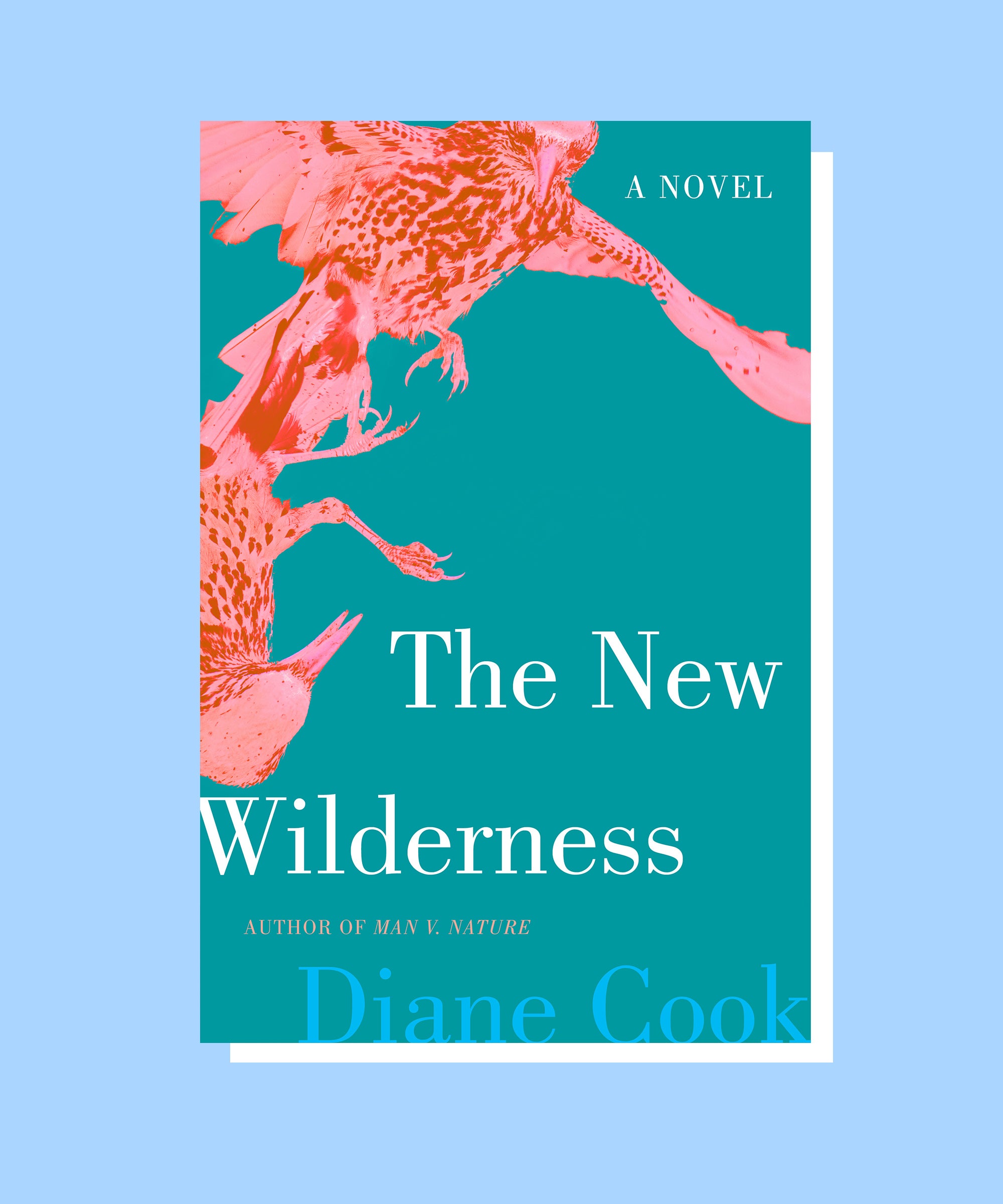
The pleasures that come with reading a dystopian novel right now are complicated — never before has the border between dystopia and reality felt so permeable. And yet, perhaps that contributes to the genre's current appeal: We have no idea what the future holds, so we crave any hints available as to what may come. In Diane Cook's bracing, beautiful debut, that future is one choked with pollution, one in which the urban metropolis where most of the people are forced to live is all but uninhabitable, and where Bea is trying to figure out what is best to do to save her young daughter, Agnes. The two embark on a journey with 18 others to the Wilderness State — a pristine area untouched by humans. What happens once they're there, and Agnes starts to thrive in her new nature-driven existence, reveals the internal struggles that come with abandoning one life for another, doing what it takes to survive, and testing the limits of love.
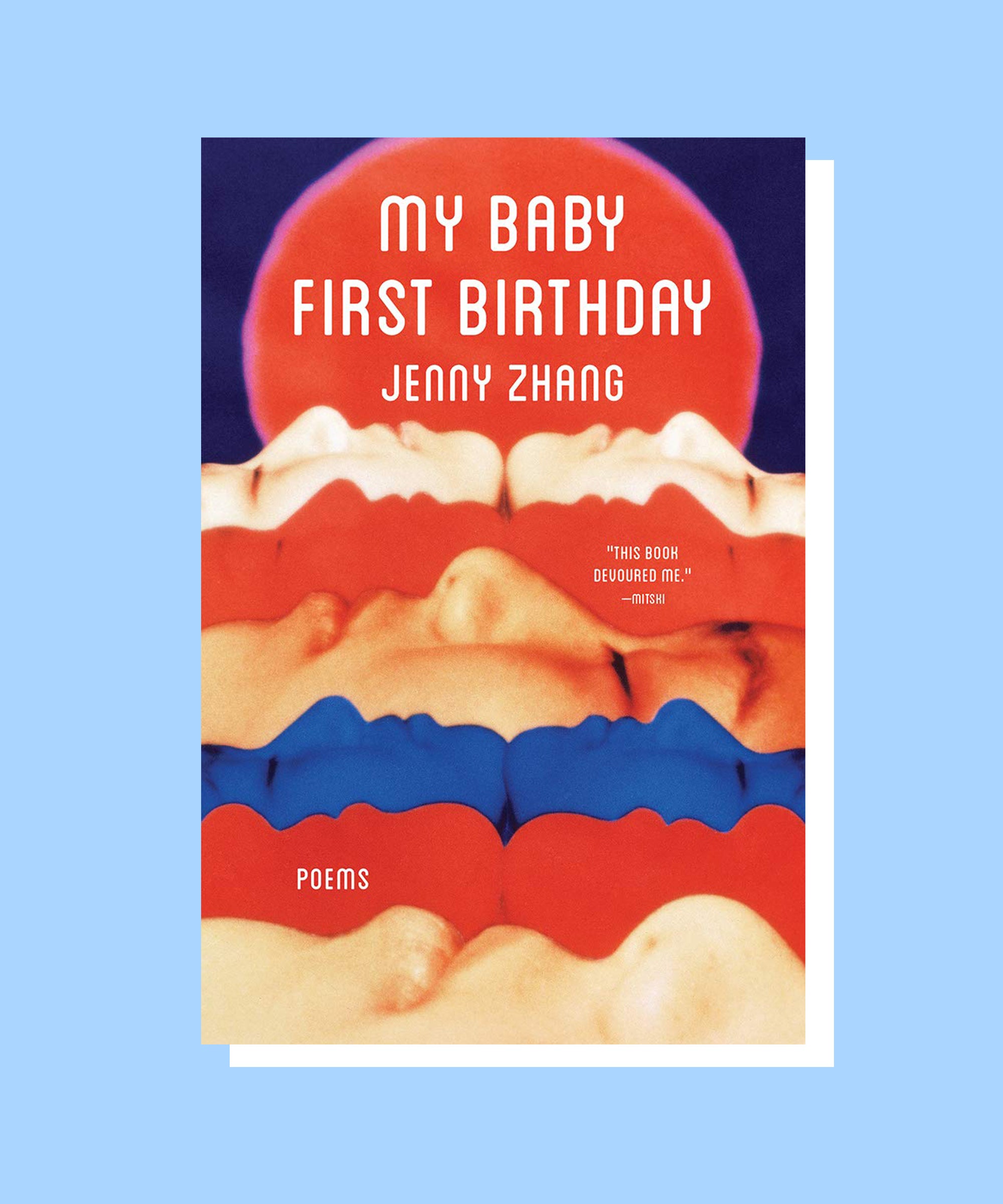
There's something particularly appealing about poems right now, perhaps it's that every word — and, too, each of the spaces between the words — is set down with such precision that I'm reminded of the importance of deliberation and definition in the midst of this surreal, time-warped period of life. Anyway. These poems, by Jenny Zhang, feel like a lifeline of sorts. Not because they're unrelated to ever-present concepts like loneliness and longing, but because they deal with those things — as well as love and lust and violence and injustice and life — head-on. Zhang's writing is visceral, urgent, and hot — her poetry is never a distraction, but rather a beautiful, rage-fueled call to arms.
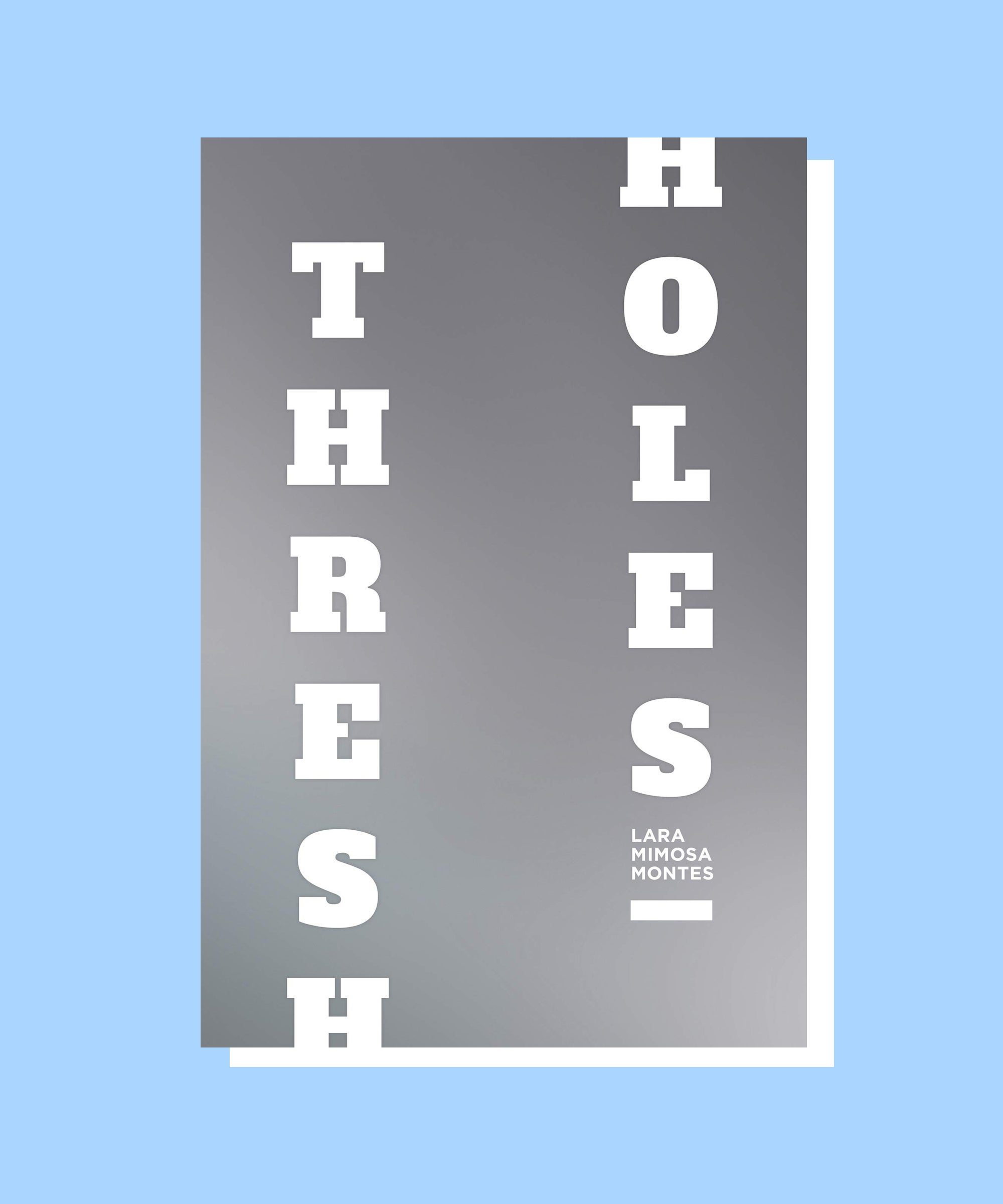
In the preface to Thresholes, Lara Mimosa Montes recalls that, when people would ask her: “'What are you writing?' I would
return in response, 'It’s more like the book is writing me.'” And, in fact, there is that feel throughout this powerful, beautiful work, that there is some strong force guiding it, that it is revealing truths (no capital T, but still foundational ones), some kind of ancient universal equation that brings Montes to a place where she can traverse time and space and other once-meaningful boundaries, all in order to tell her story. It's a story of the Bronx of the '70s and '80s, and of the body and art, of entrances and exits, of life.
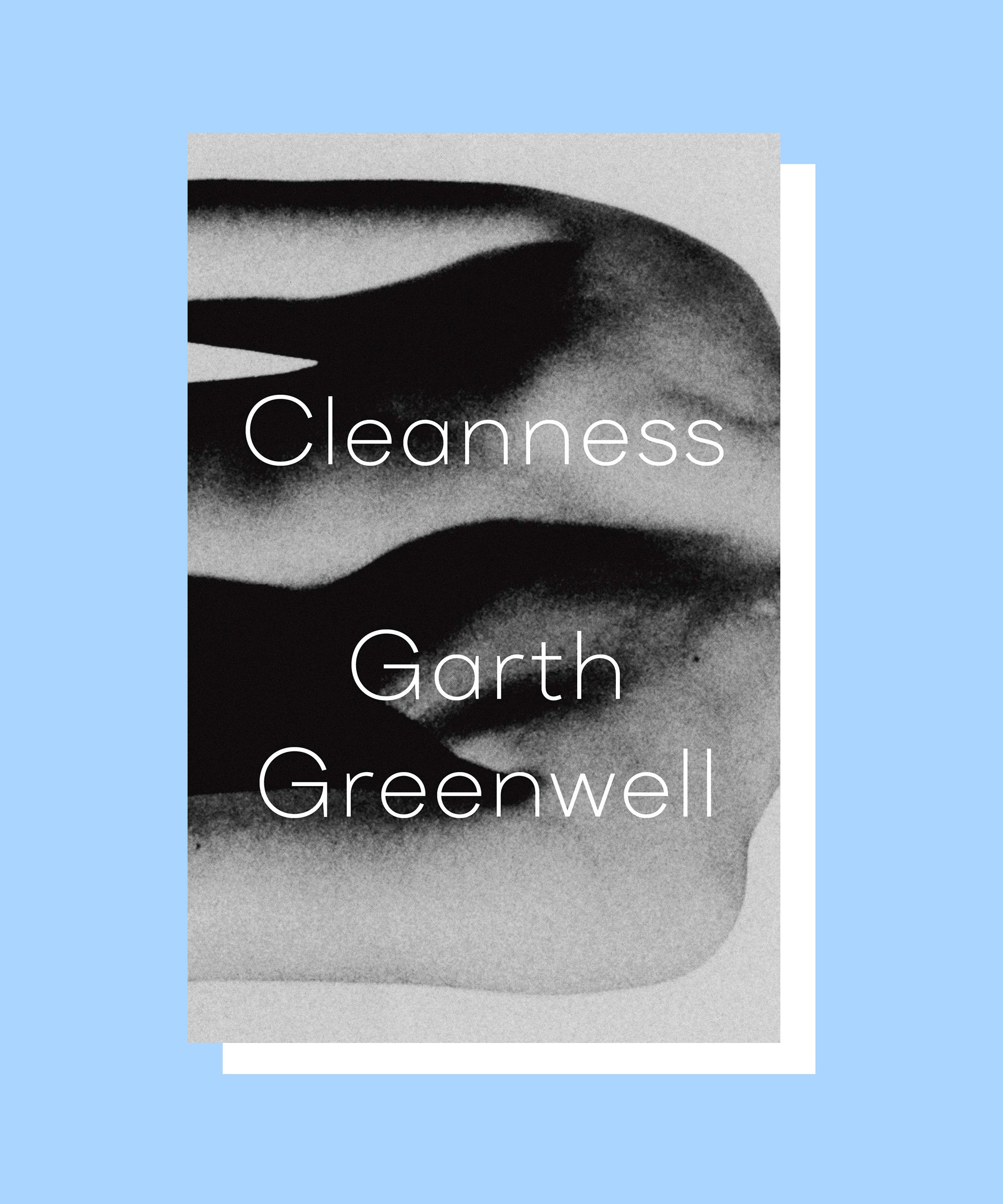
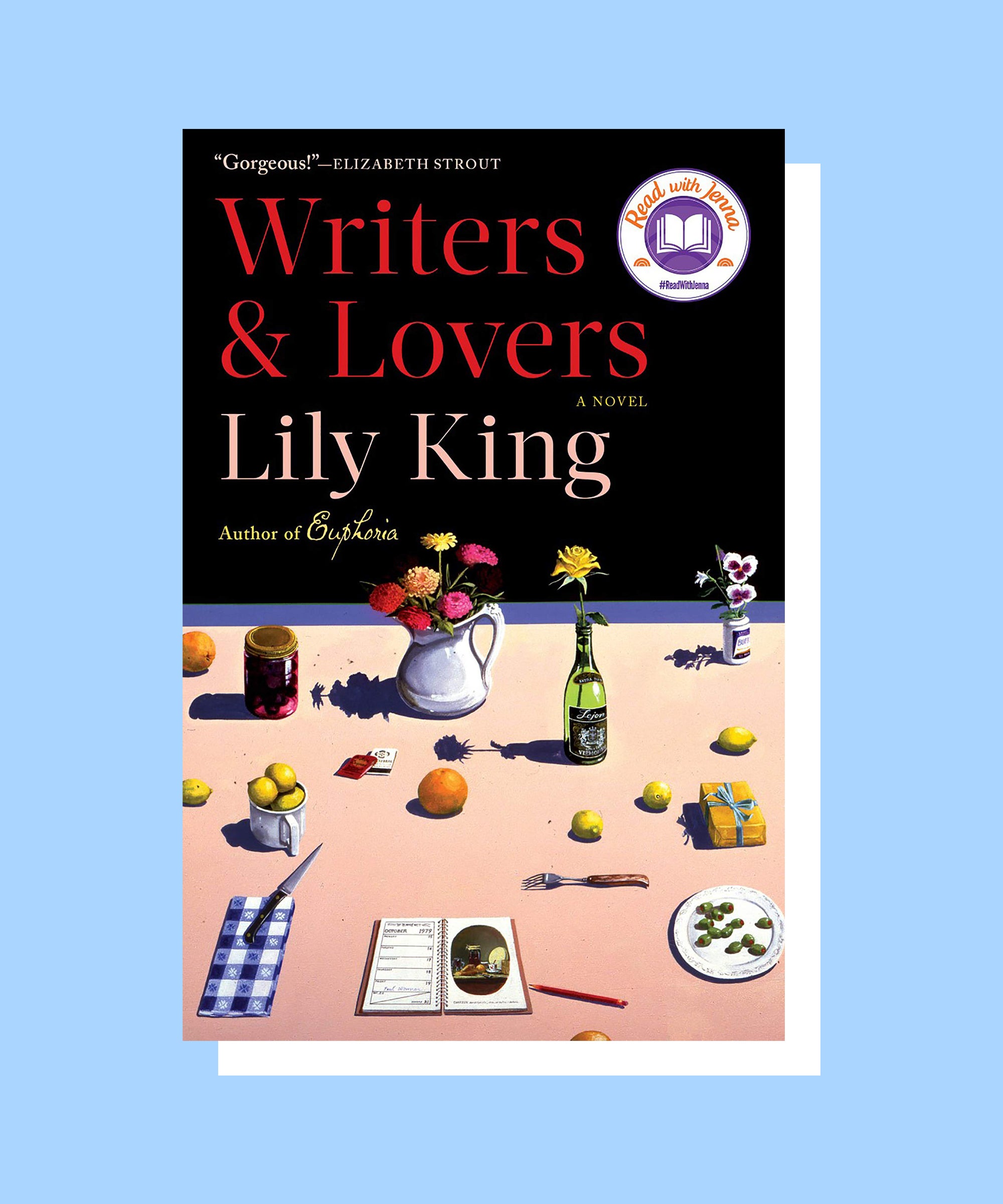
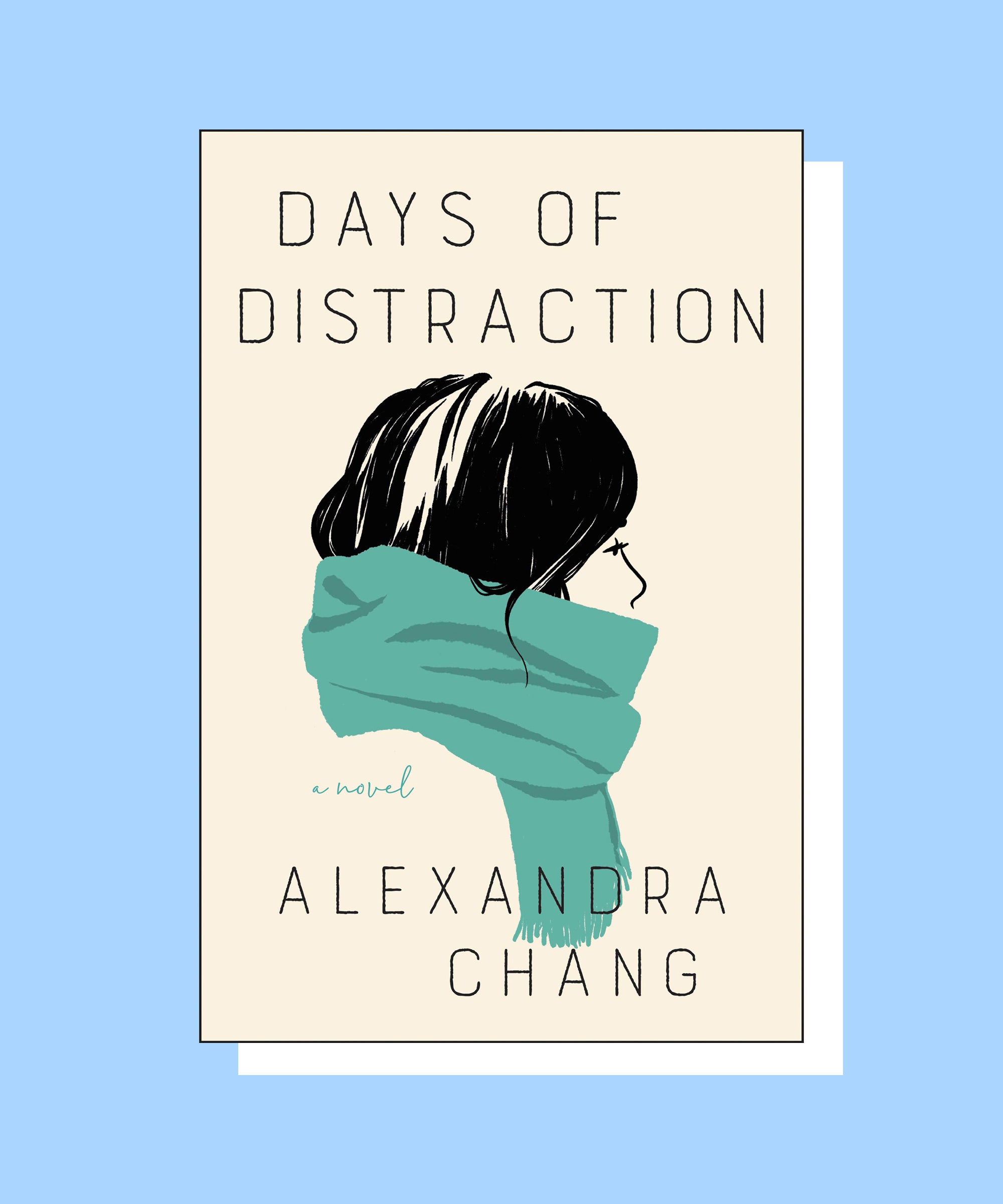
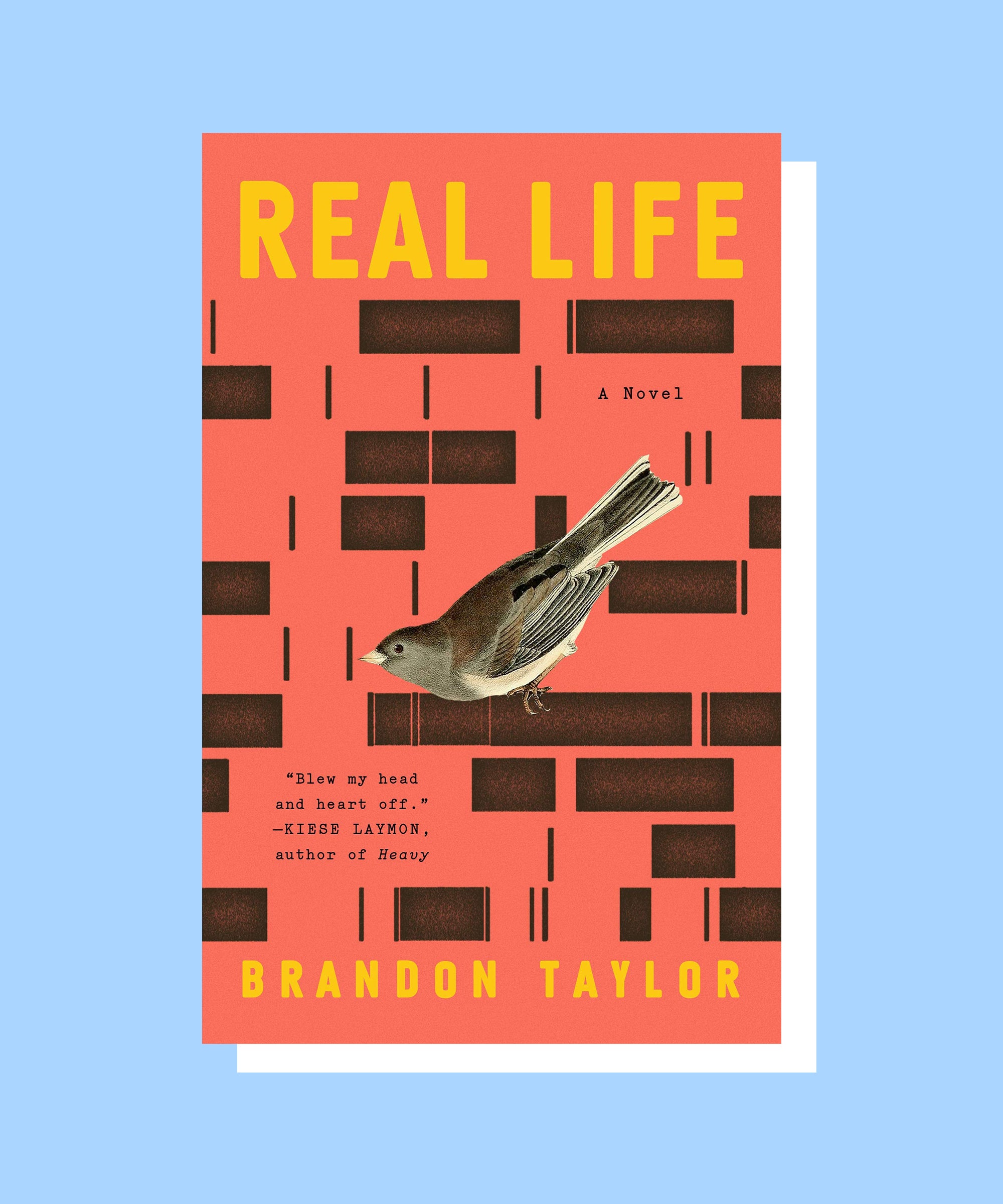
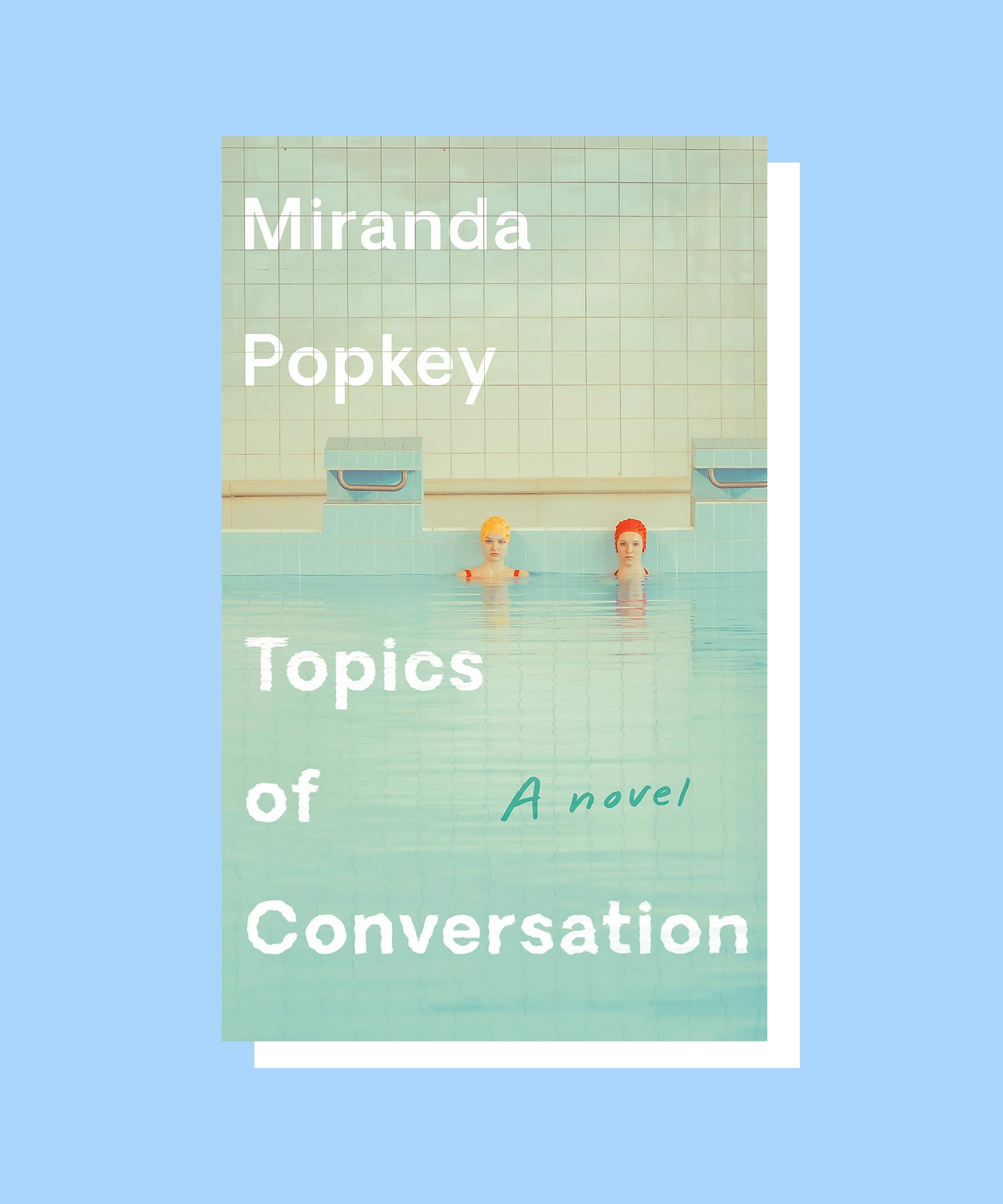
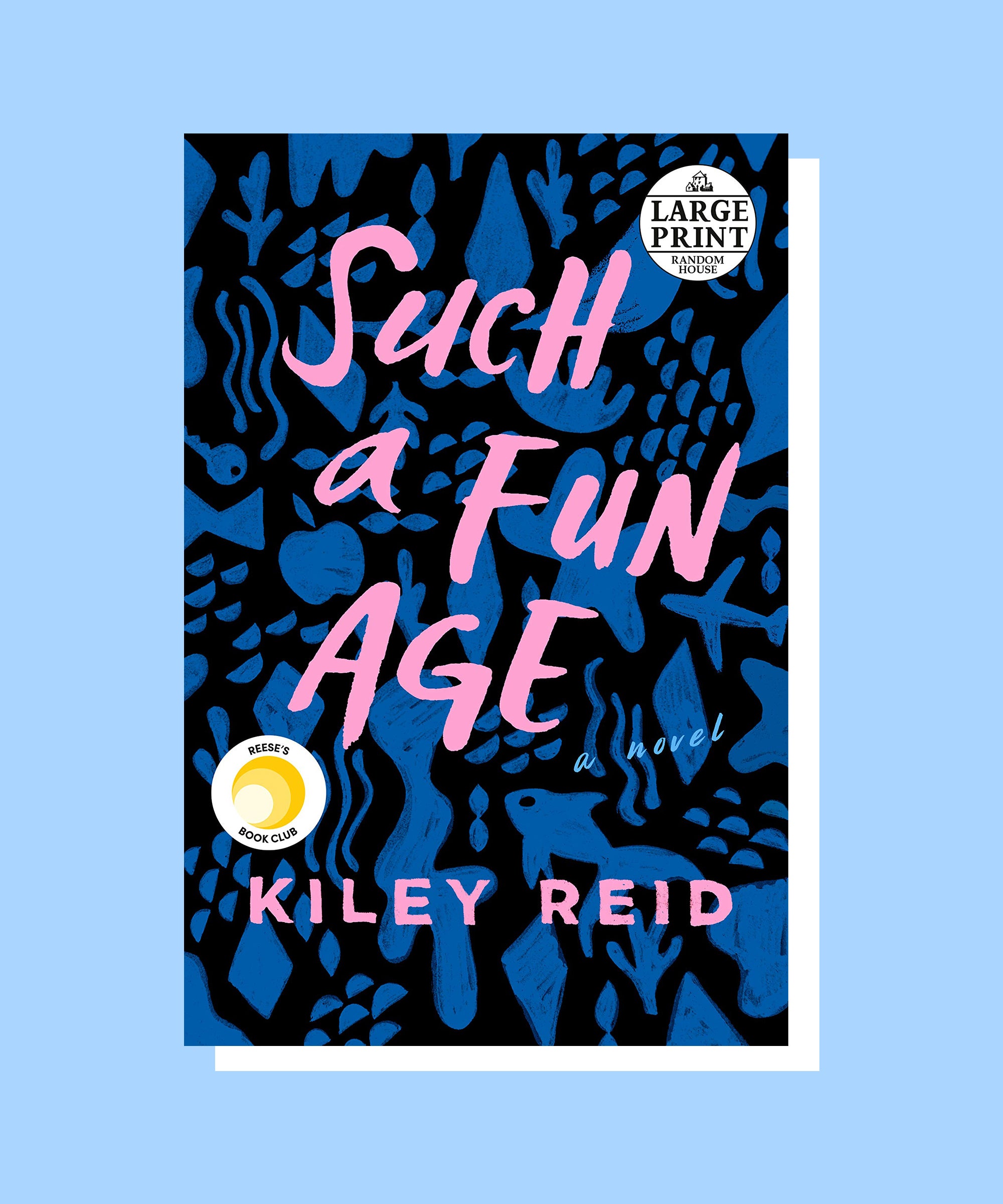
Like what you see? How about some more R29 goodness, right here?
Here Are All The Best Books To Read This Summer
The Best New Books To Read In April 2020
Here Are The Best New Books For May 2020
from Refinery29 https://ift.tt/3kXYNYh
via IFTTT
